Pixie Cup’s impact in Kenya
Rose was 11 when she first started her period. She knew nothing about menstruation before then, and she was shocked, but her mother assured her it was normal. However, the family had no money for menstrual hygiene products, and Rose had to stay home from school for several days every month. When she was 12, an older man in her village offered to buy sanitary napkins for Rose if she would be his “girlfriend.” Because she felt like she had no other choice, she agreed. Many of her friends were in similar relationships with older men, and some had already gotten pregnant and dropped out of school.
Unfortunately, Rose’s story is a common one in Kenya, where an estimated one million girls miss school every month due to a lack of access to menstrual products.
According to research from mission-driven consulting firm FSG, 65% of girls in Kenya cannot afford menstrual products. Many of them resort to homemade alternatives such as rags, blankets, pieces of mattress, or tissue paper. Others share used sanitary napkins with their friends. And others, like Rose, engage in transactional sex with older men to meet their basic needs, including menstrual pads.
Meeting the needs of girls in Kibwezi
For the past several months, members of the Pixie Cup team have been working closely with organizations and individuals helping to deliver menstrual products to girls in the Kibwezi area of Kenya.
One of these non-profits, Generation Next, was the very first organization we partnered with in our Buy One, Give One program. Since 2017, Generation Next has been including Pixie Cups in the menstrual hygiene kits they distribute to rural communities and schools. We were so excited to have the opportunity to visit some of these schools, catch up with what Generation Next has been doing, and talk to some of the girls who have received Pixie Cups!

I spoke with Pixie Cup team members Emma Moore and Jill Moore to learn more about Pixie Cup’s impact in Kenya.
Karen: How does period poverty affect girls in Kenya?
Jill: We visited about seven different primary and secondary schools, and at each one, we heard the same story. Many of the girls miss 4-5 days of school every month because they don’t have access to menstrual products.
Emma: Most of the families are truly too poor to afford personal hygiene products, but there’s also some resistance from the families, especially on the part of the mother. She will say that no one ever provided those things for her, so she won’t provide them for her daughter.
Apparently the Kenyan government used to provide sanitary pads for every female student up until 2019. The teachers and principals could go and collect what they needed and bring them back for the students. But with the new administration, that is no longer happening. Everything has gotten worse for schools. They no longer provide meals for students like they used to, either. Some school staff will try to help the girls, but obviously they’re simply not able to provide for all of the students.
Karen: What do girls do when they don’t have access to menstrual products?
Emma: Girls often rely on older men for help. Older men offer to pay for their personal care products in return for sexual favors. Some of these men have boda bodas (motor bikes) and will give the girls rides to and from school, so they form a “relationship,” which allows these sort of transactions to take place.
The teachers talk to the girls and try to discourage them from engaging in these sorts of relationships, but most of them receive no help from their families, so they do it anyway. Many of the girls have opened up to their teachers and principals about being victims of rape or sexual assault. Some of the girls have more than one sexual partner. Most of them don’t know much about menstrual health, and they don’t understand the risks of STDs or unwanted pregnancy.
Between five and fifteen girls per grade drop out every year because of early pregnancy, and a lot of them are encouraged to get married at a young age.

Karen: How has Pixie Cup been able to help?
Emma: Right now we’ve been working with Generation Next to help us distribute cups in the Kibwezi area. Riley from Generation Next has been providing care packages for girls for 8 years. She includes panties (many girls don’t have any), bar soap, toothbrush and toothpaste, detergent, reusable pads, and our menstrual cup.
Riley went above and beyond to graciously host us twice at her place so we could distribute Pixie Cups to the girls in the local schools, which she arranged for us. We were able to see the beautiful school she built completely from the proceeds of her thrift store and all the kids whose lives she’s changing here — kids she’s had a heart for since she first came here when she was 13 and saw them sharing pens at school.
I asked her if anyone else is doing anything for girls in the area, and there didn’t seem to be any other programs. There might be the occasional NGO (non-governmental organization) that comes in, but not very often.

Jill: We’ve donated to a few local ministries as well, and have also worked with a missionary here who has been training nurses to go to their various clinics and distribute cups and teach women in the area how to use them.
Emma: We’re also getting ready to work with Project Imagine, a high school student-led initiative that has previously distributed sanitary pads to girls in Kenyan schools but wants to give a more sustainable option.
When girls are provided with access to sustainable menstrual products, along with better education about menstrual health and valuing their bodies, they’re able to stay in school longer.
Karen: What do the girls think about the menstrual cups?
Jill: They love them! The girls we talked to were so happy to have something that allowed them to pursue an education without having to befriend an older man in order to get the products they needed. It surprised me how much this little item changed the lives of these girls. I’ve wondered how much of a difference our cups actually make in these girls’ lives and now I know!

Karen: How can people help?
Emma: Spread the word! For every Pixie Cup sold, we donate a cup to one of our partner organizations. Or if you don’t need a cup, you can also make a donation on our website.
Your Pixie Cup purchase helps a woman in need
We’re on a mission to empower every woman in the world with a life-changing period by putting a Pixie Cup in their hands through our Buy One, Give One program. It’s a big mission, but with your help, we can do it. As of today, we’ve given over 135,000 cups to those experiencing period poverty — and we won’t stop until every single woman or girl in need has the resources to manage her period with dignity. Visit our online store.

1 comment
Our Top Picks For You
-
Period Disc & Applicator Kit
![]()
- Regular price
- $48
- Sale Price
- Regular price
-
$55 - $48
- Unit price
- per
Sold out -
Reusable Organic Cotton Pads
![]()
- Regular price
- $28
- Sale Price
- Regular price
-
$34 - $28
- Unit price
- per
Sold out -
Disposable Organic Cotton Pads
![]()
- Regular price
- $7
- Sale Price
- Regular price
-
$9 - $7
- Unit price
- per
Sold out -
Combo Disc + Applicator Bundle
![]()
- Regular price
- $42
- Sale Price
- Regular price
-
$49 - $42
- Unit price
- per
Sold out



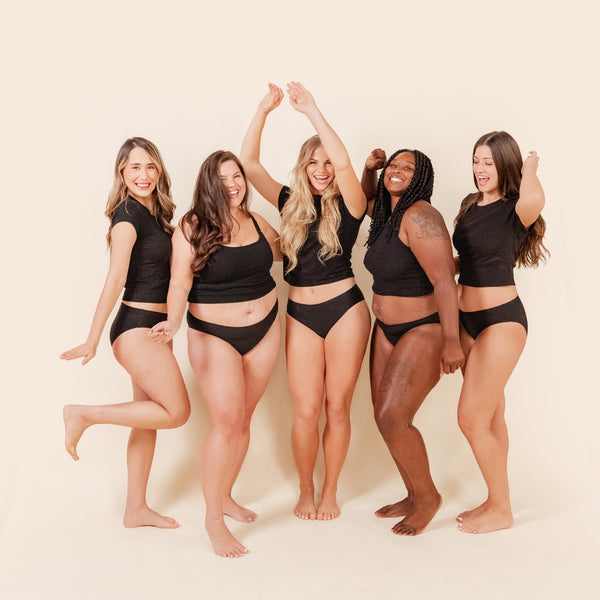
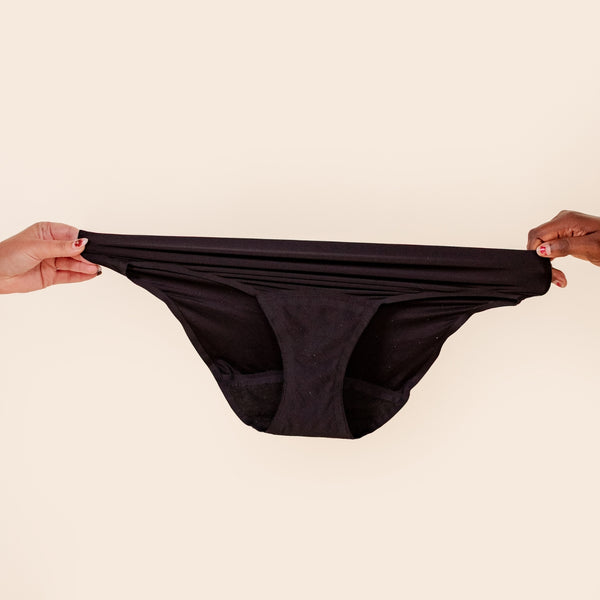

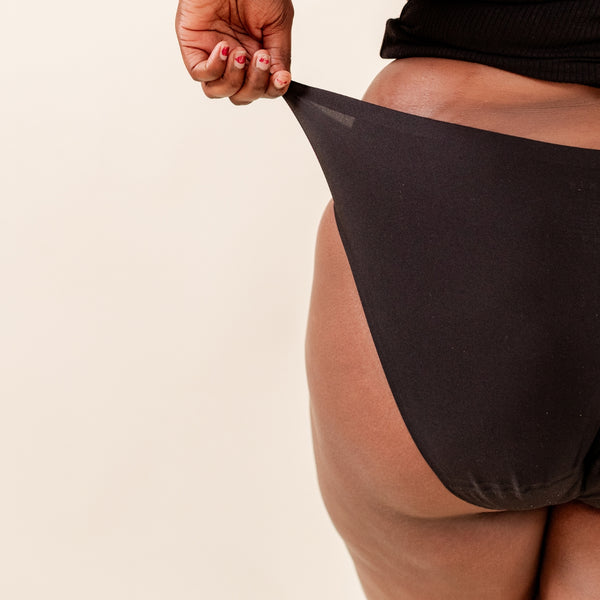

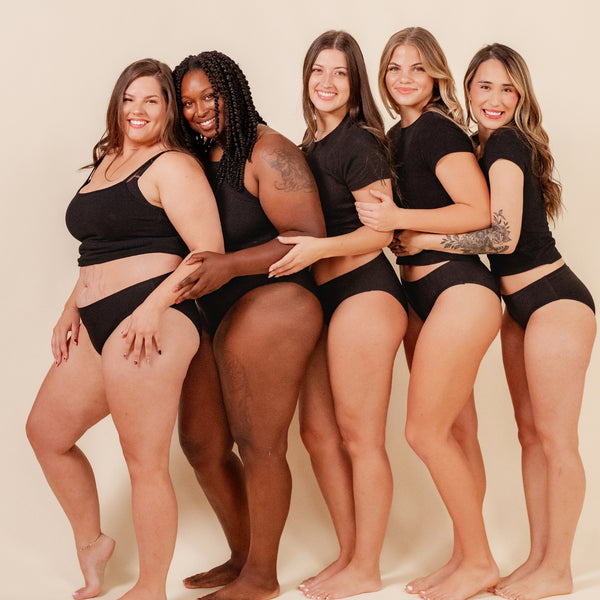





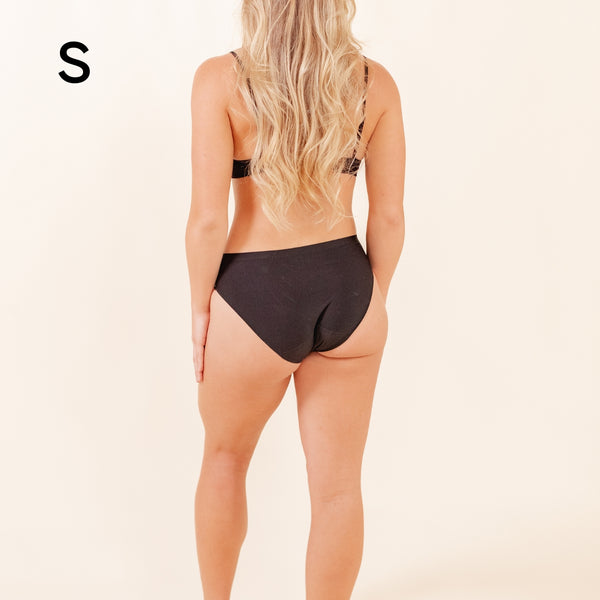
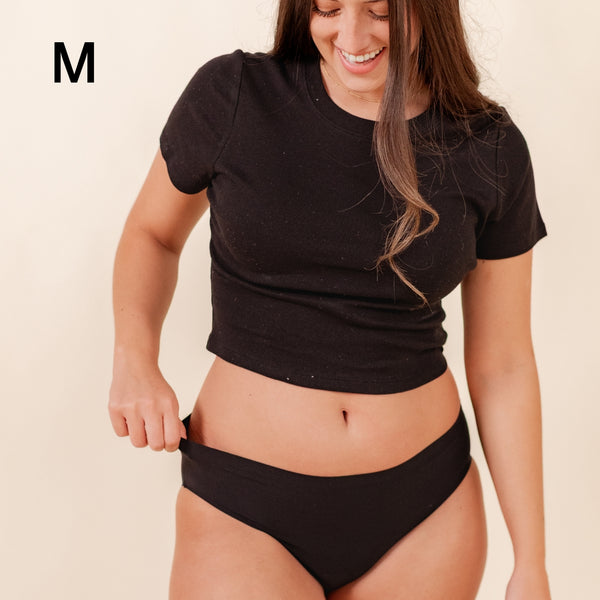
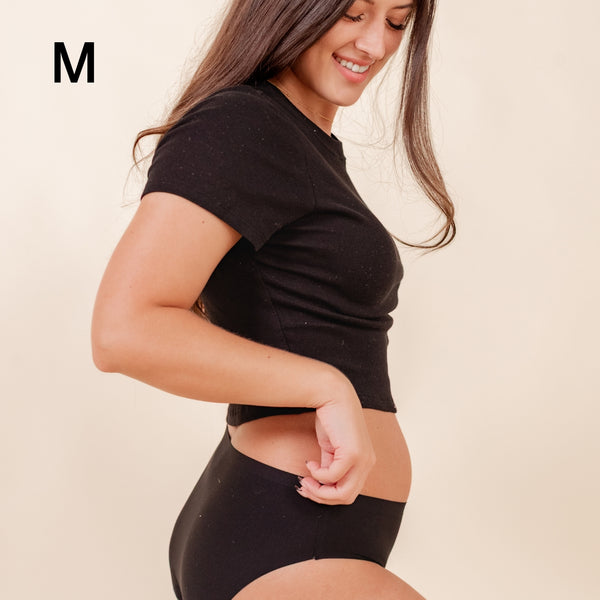

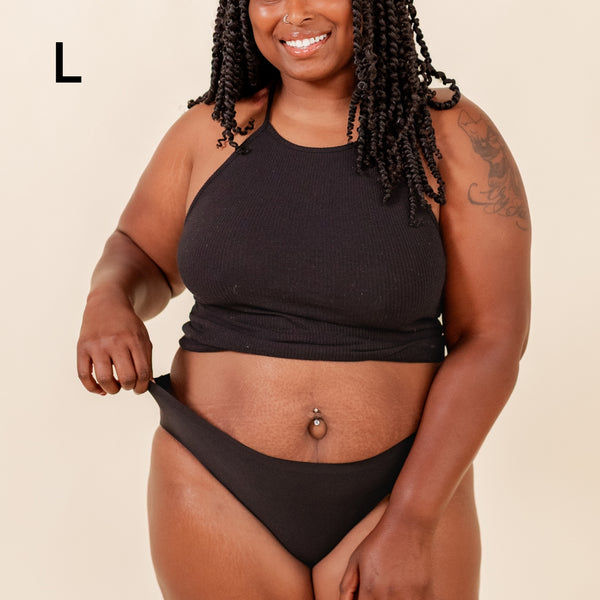
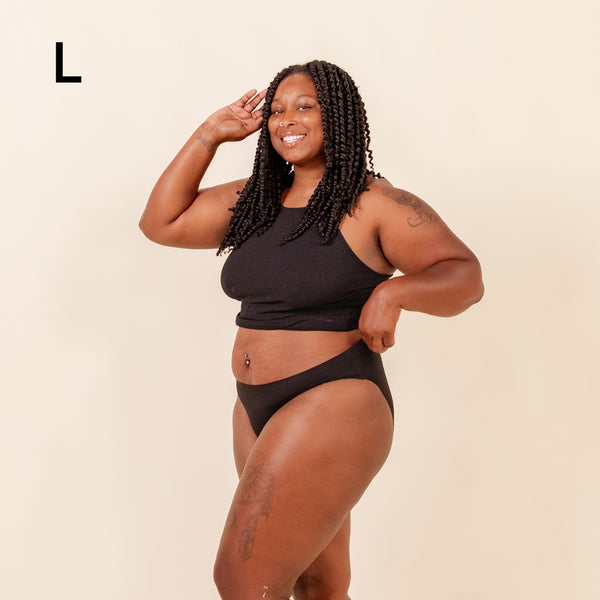
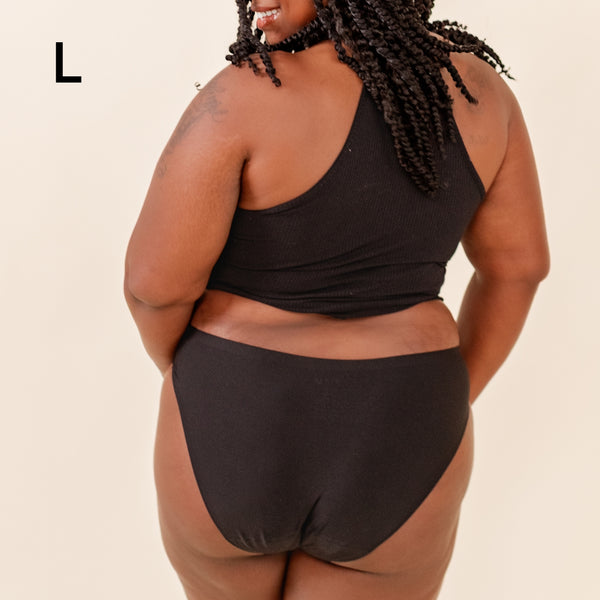
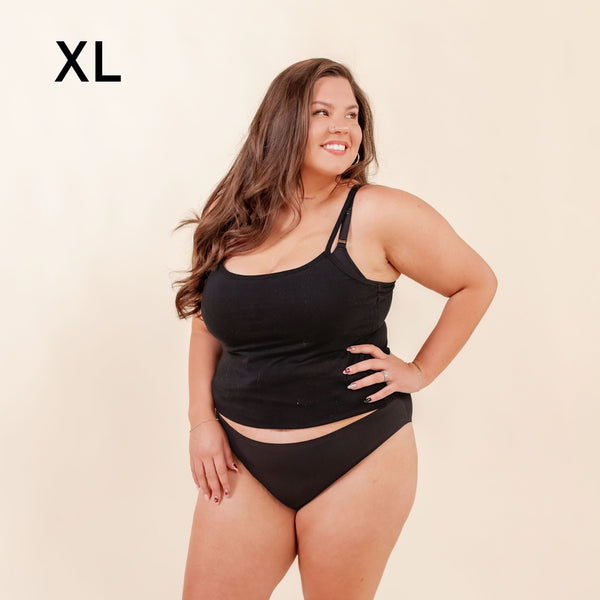
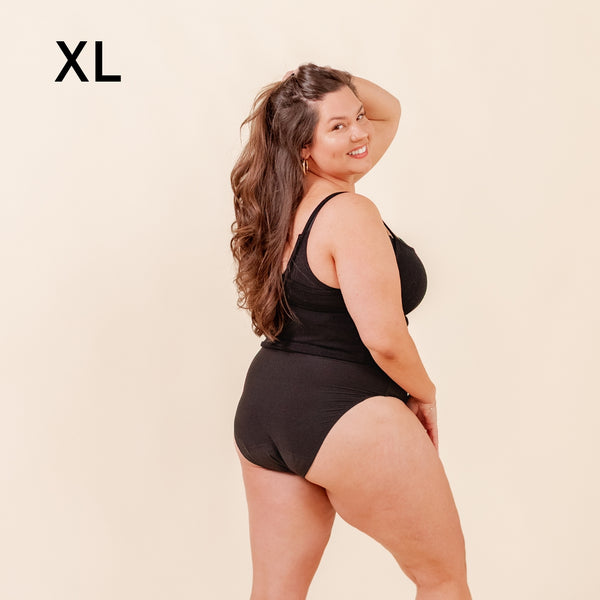
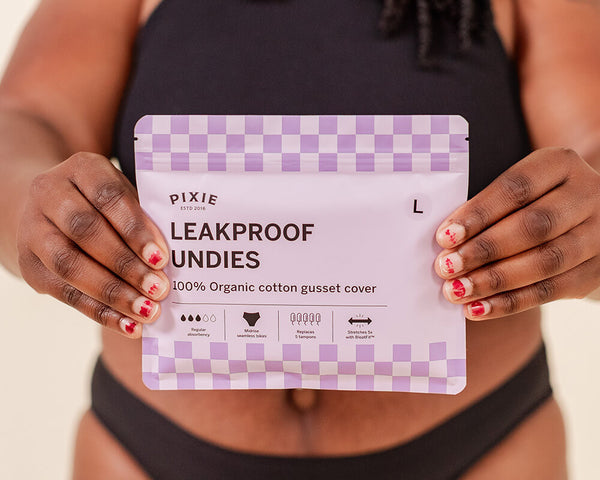

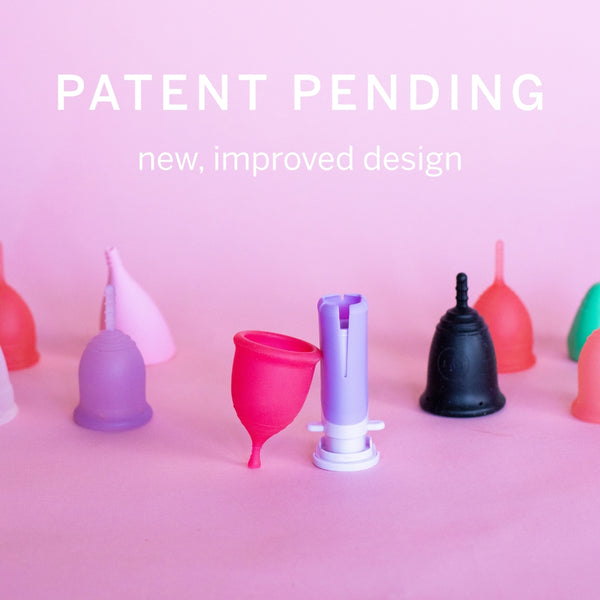
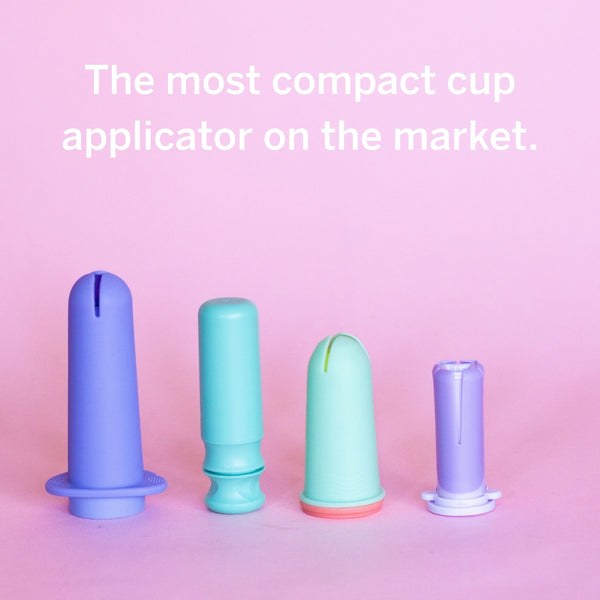
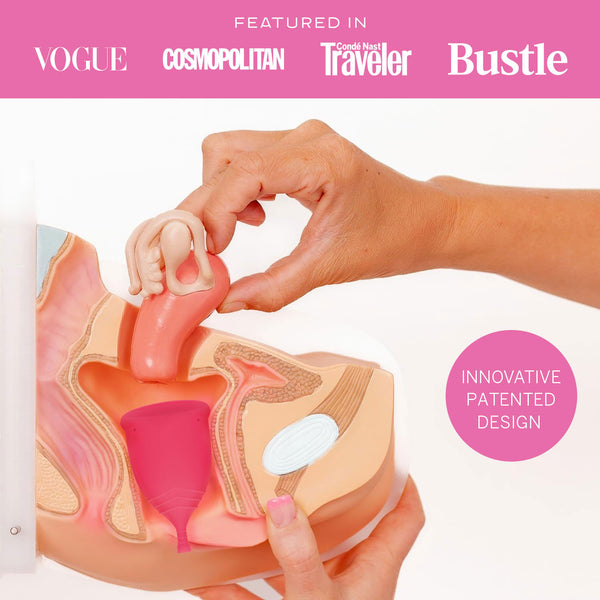
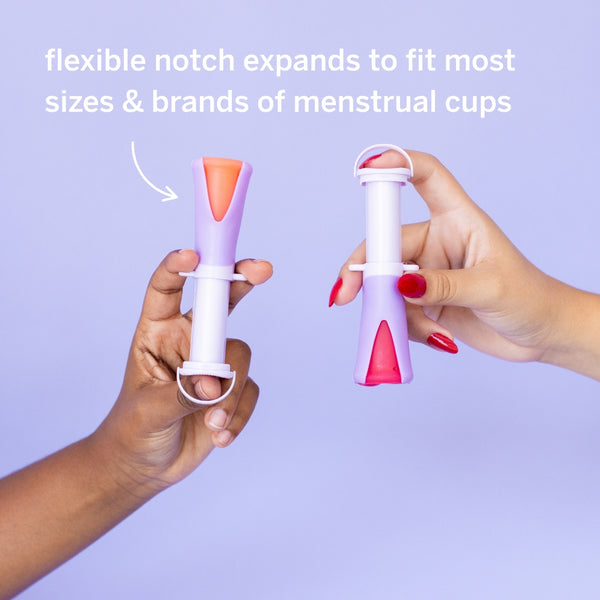
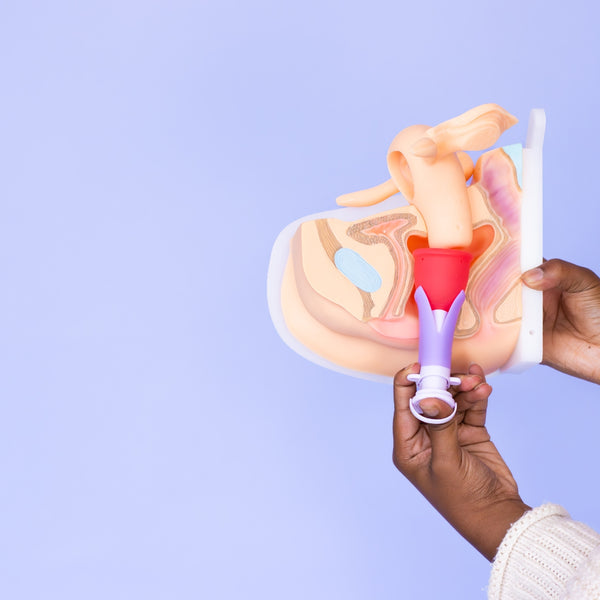
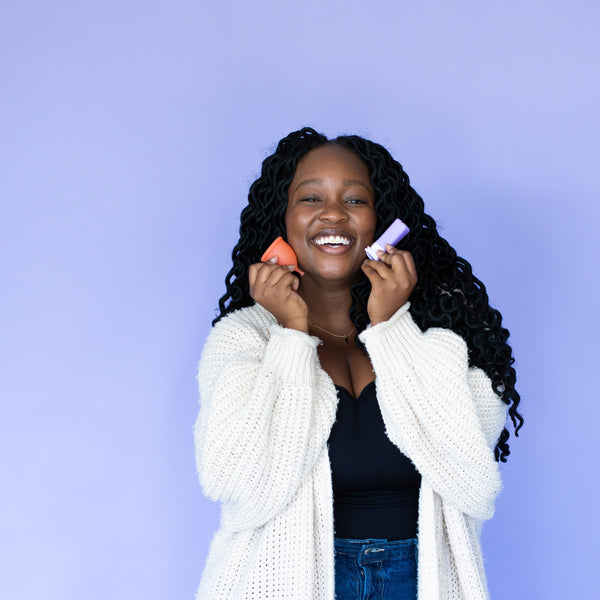
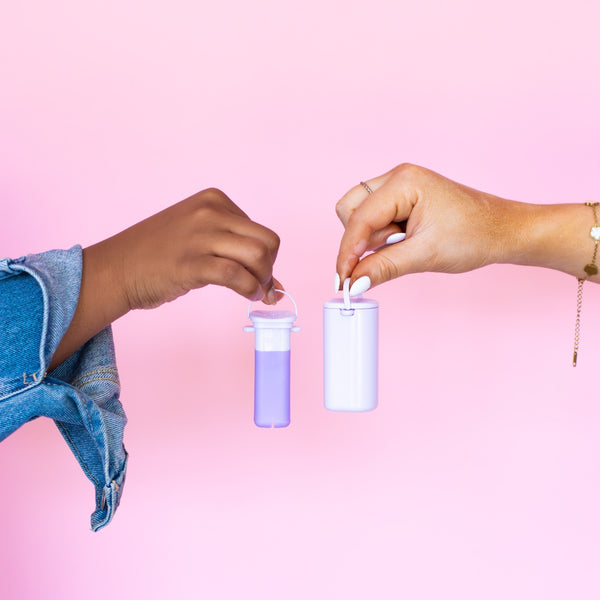
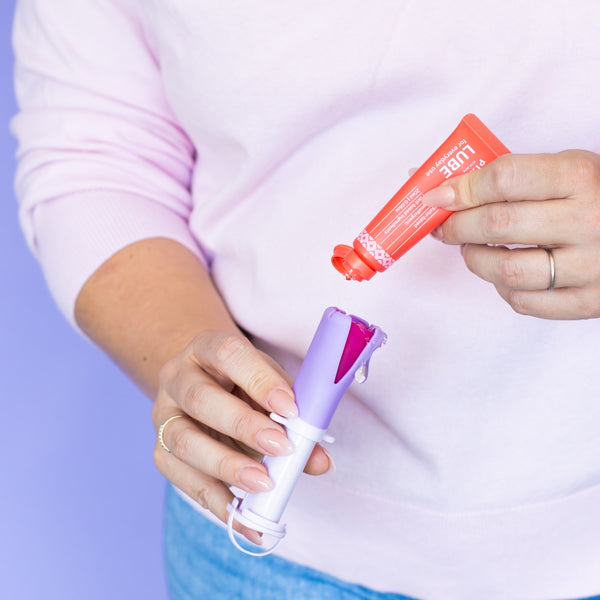
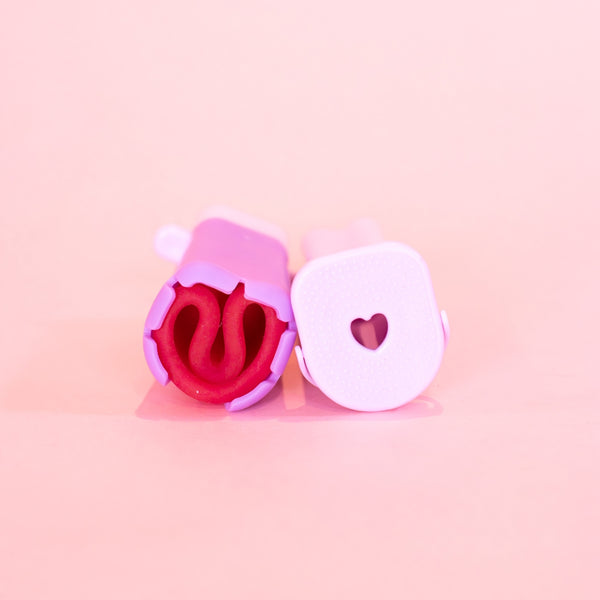
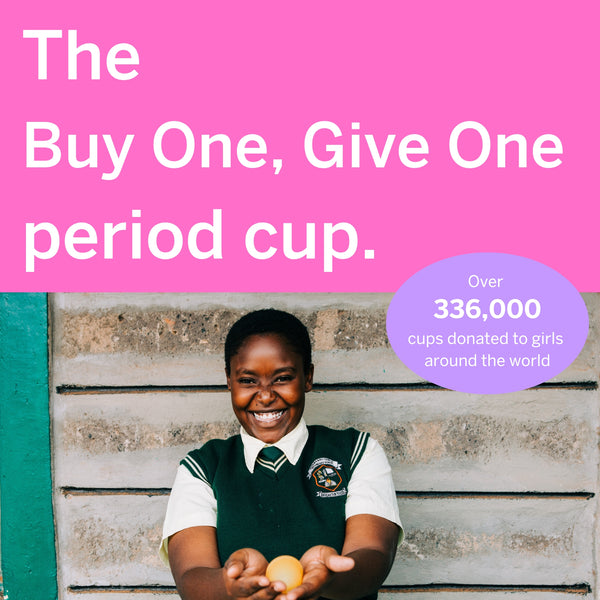
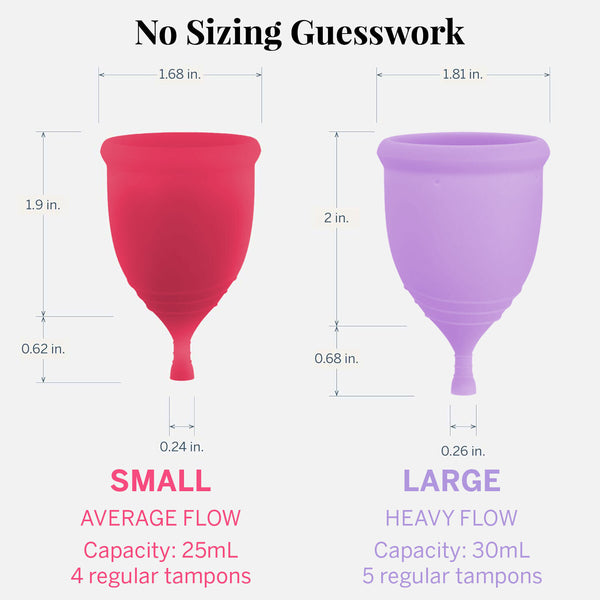

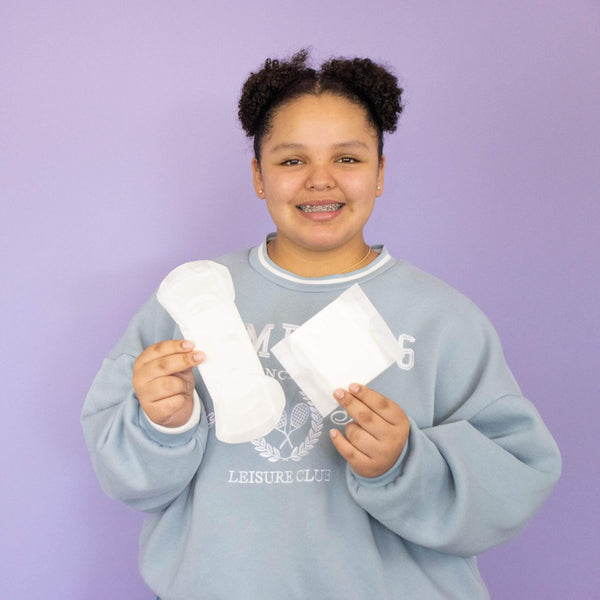
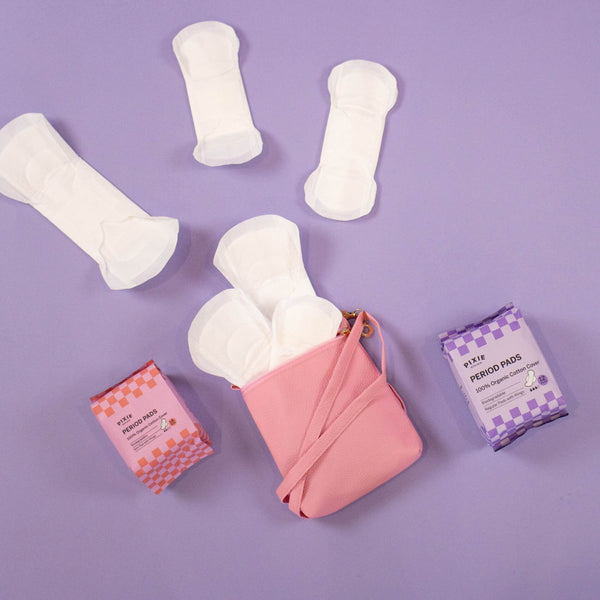
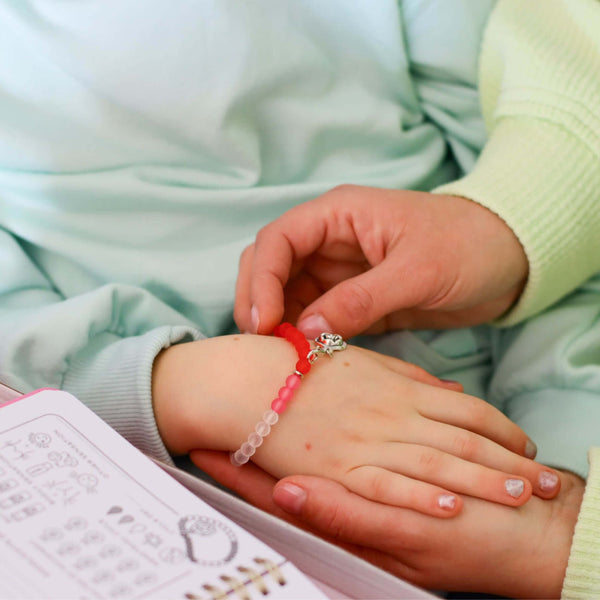
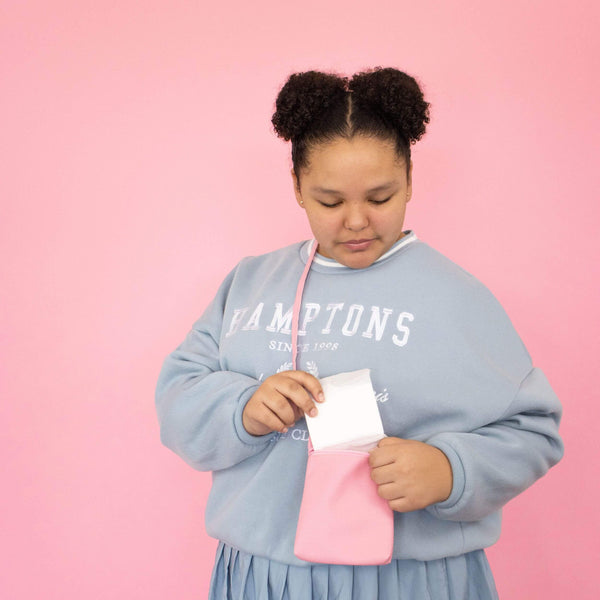
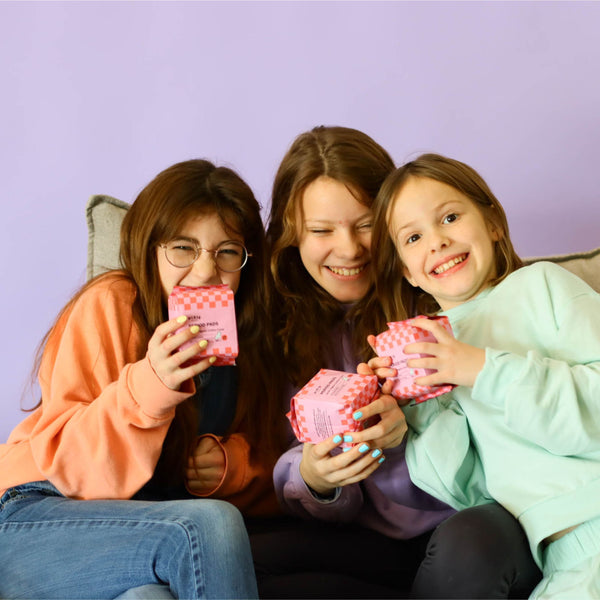

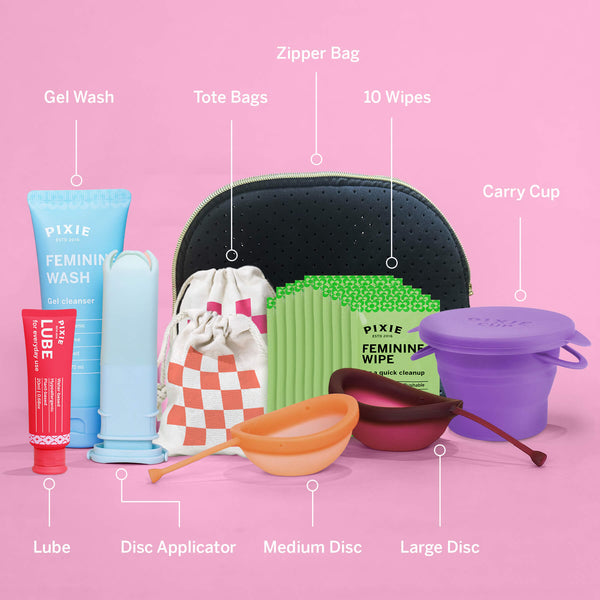
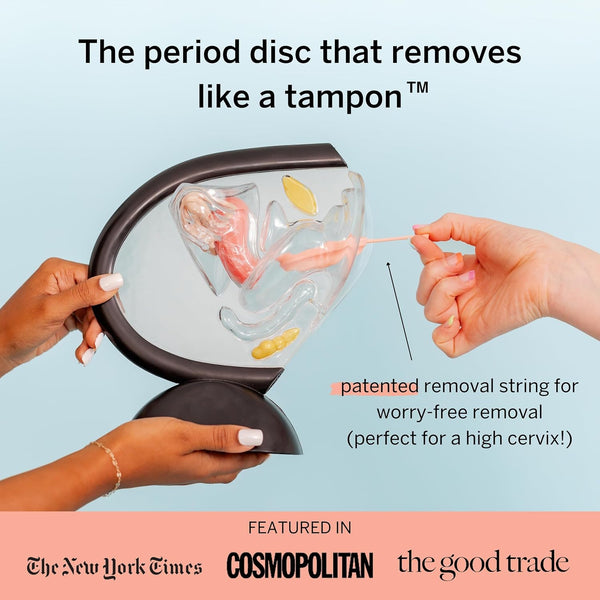
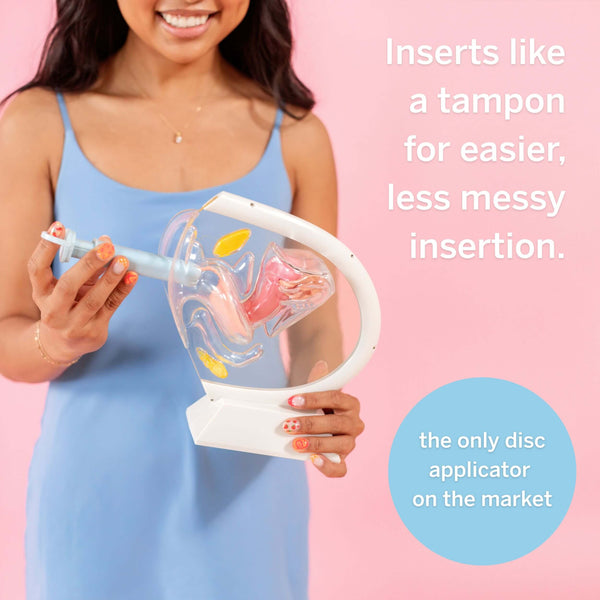
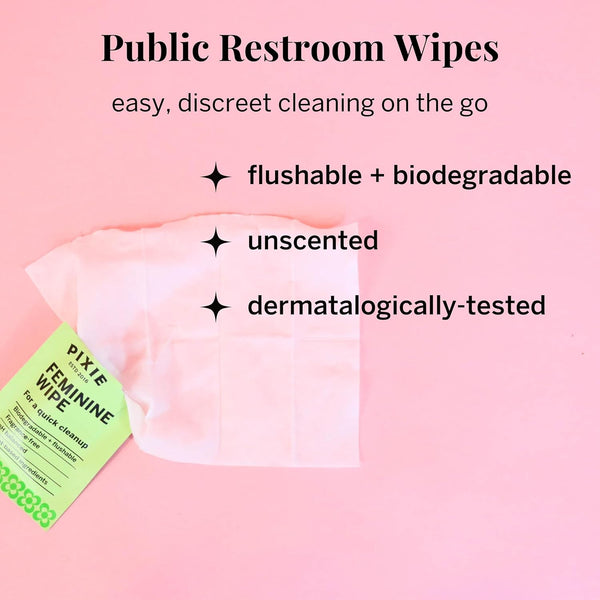
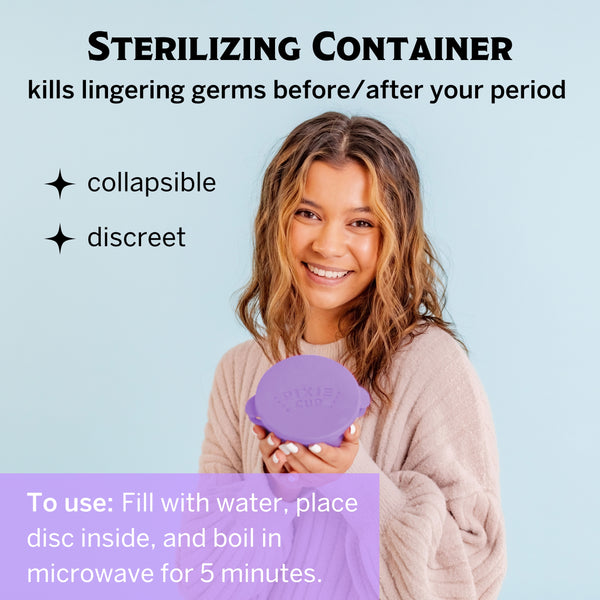
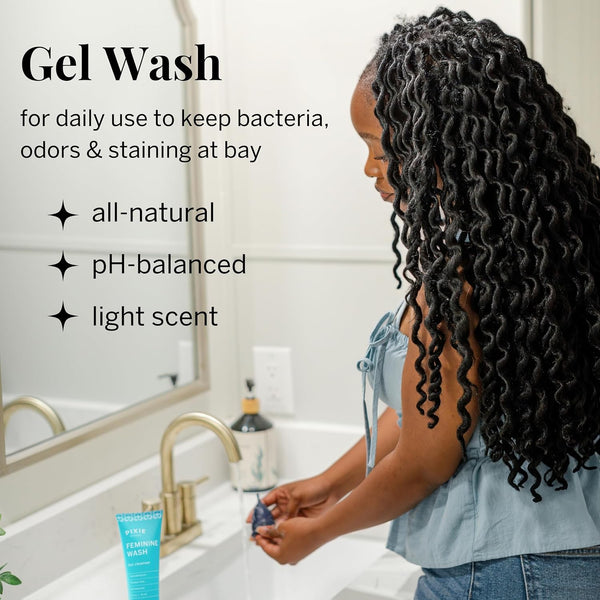
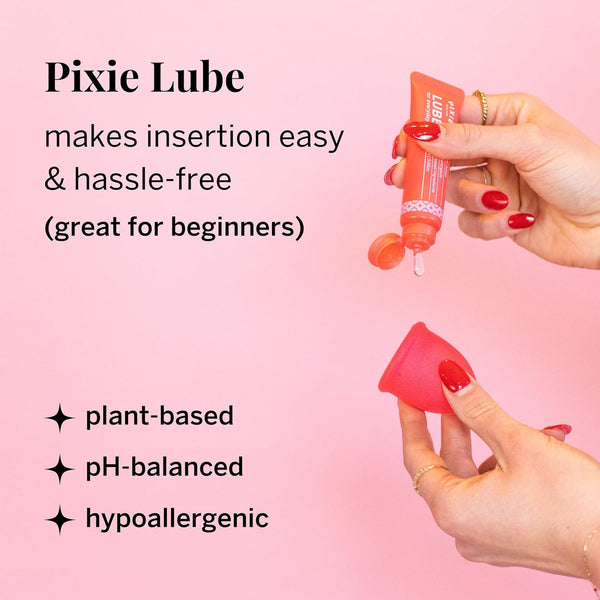
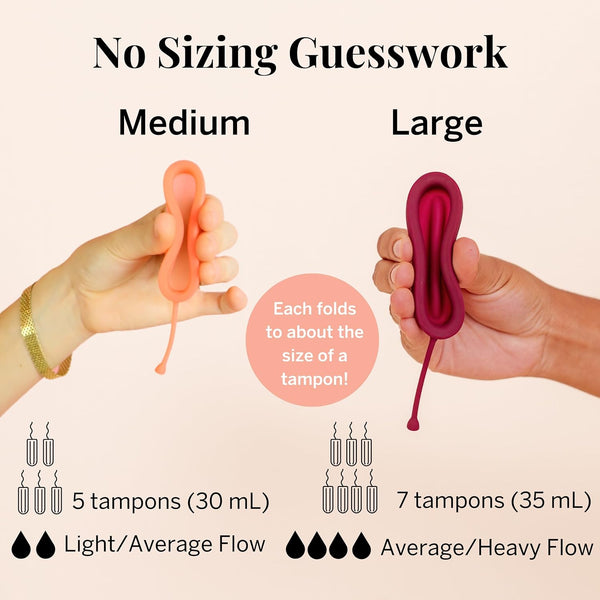
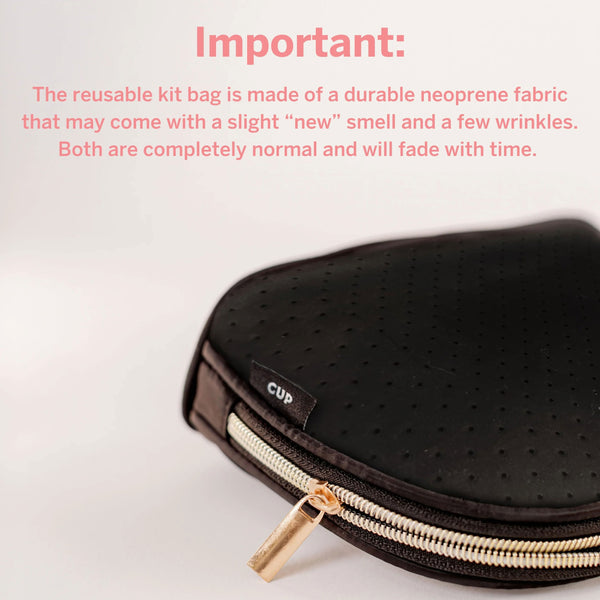



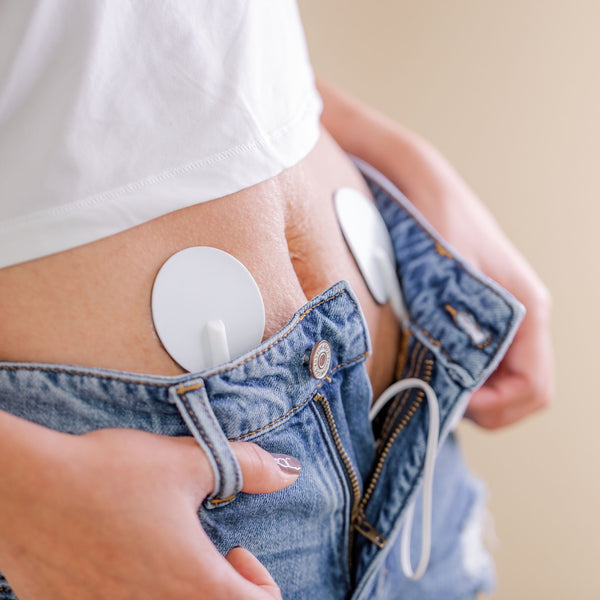
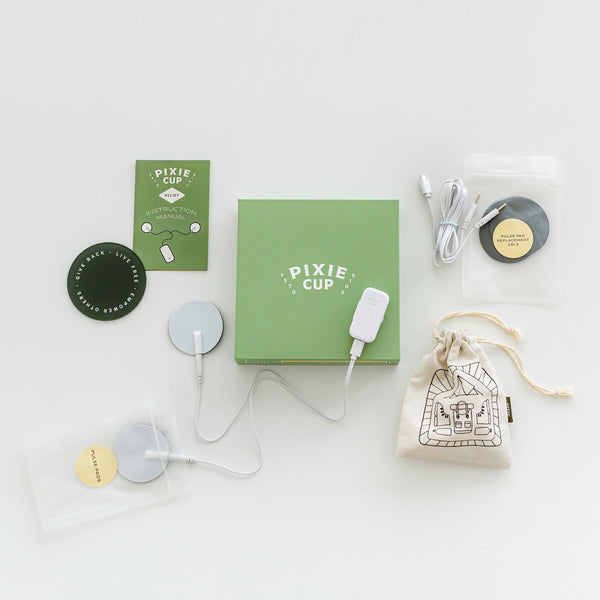
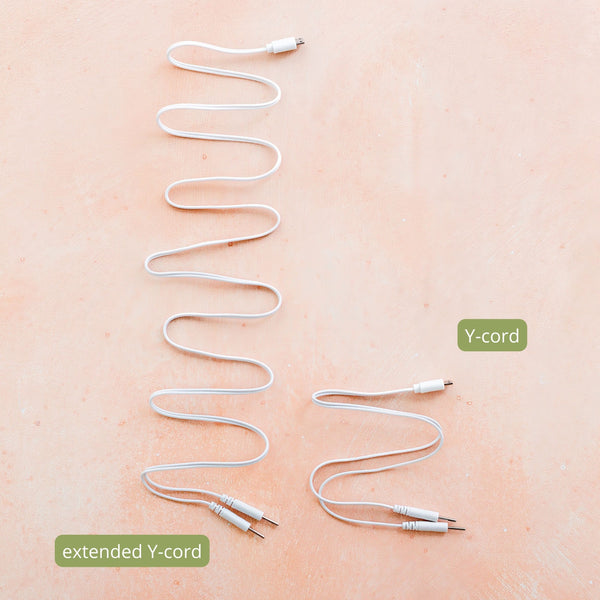
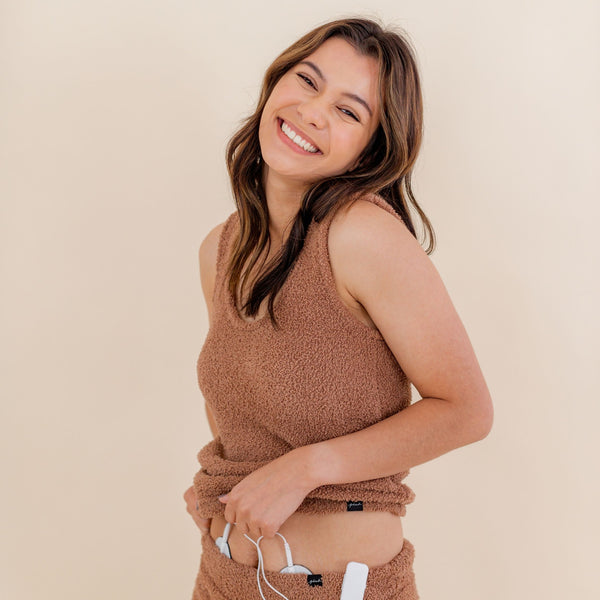

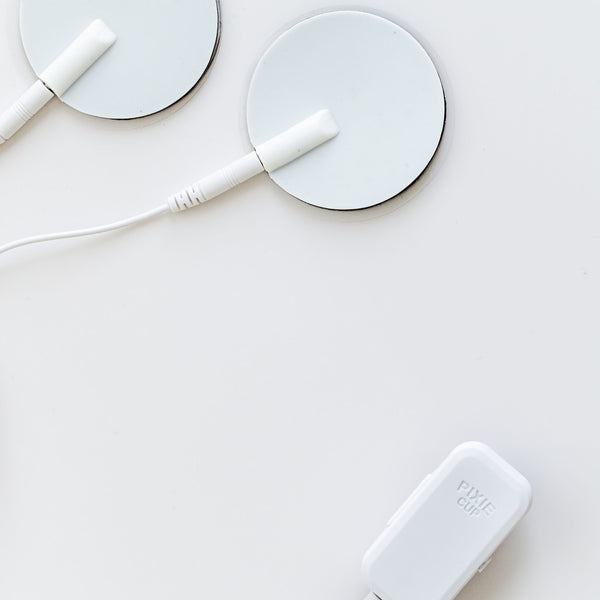
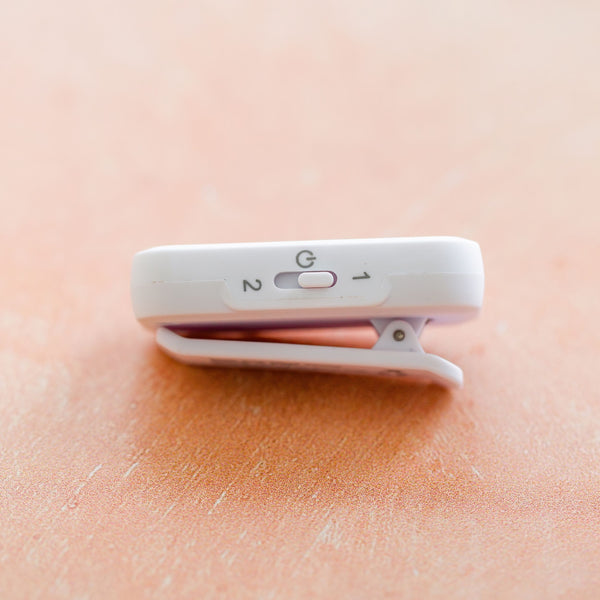

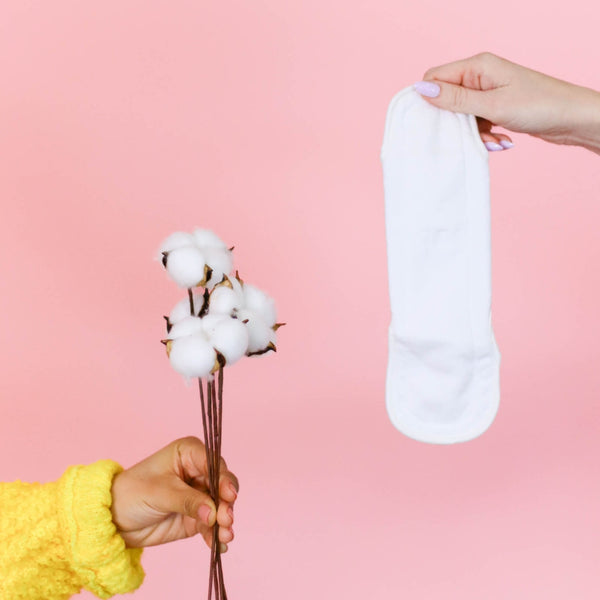
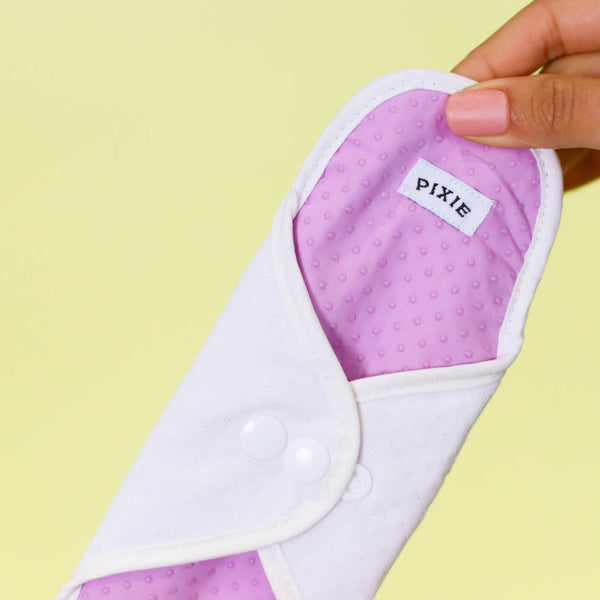
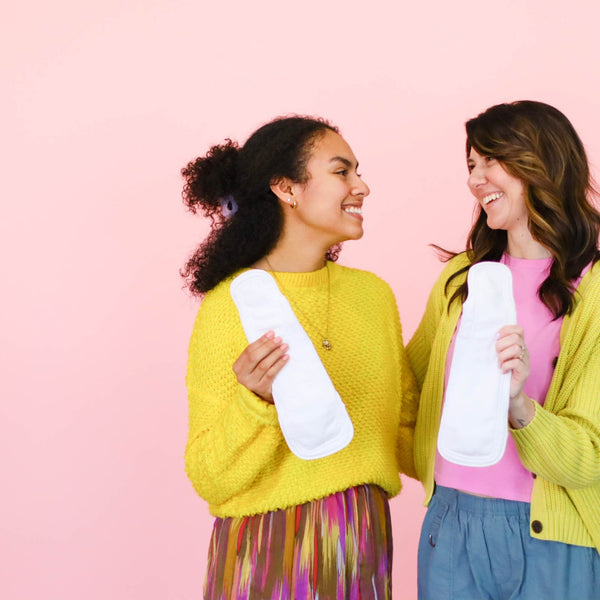
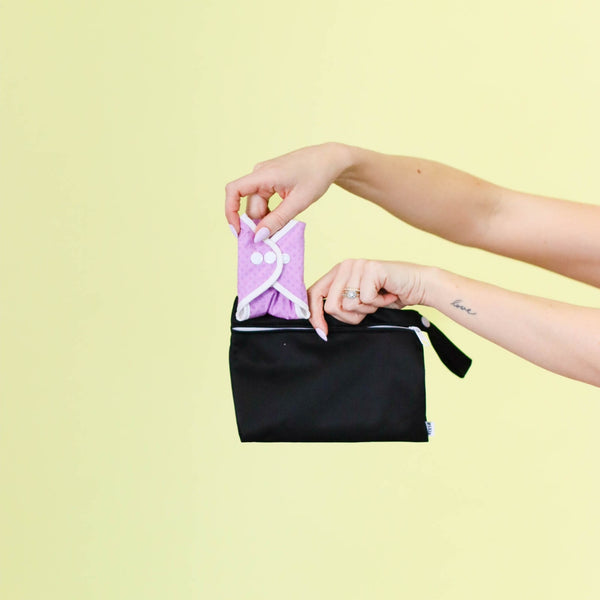
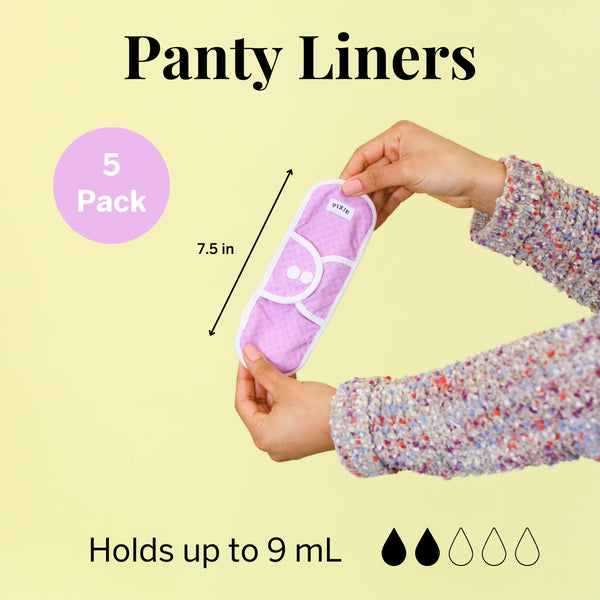
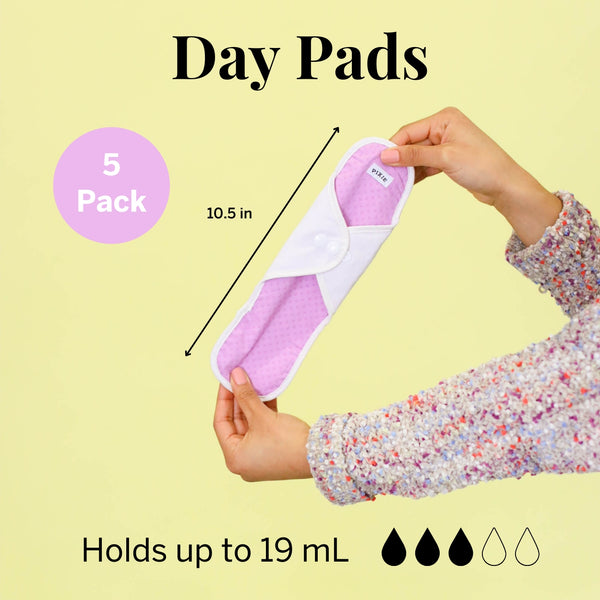
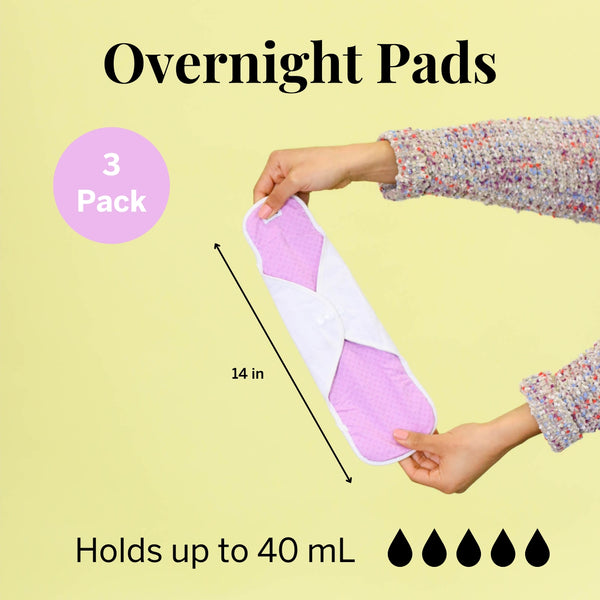
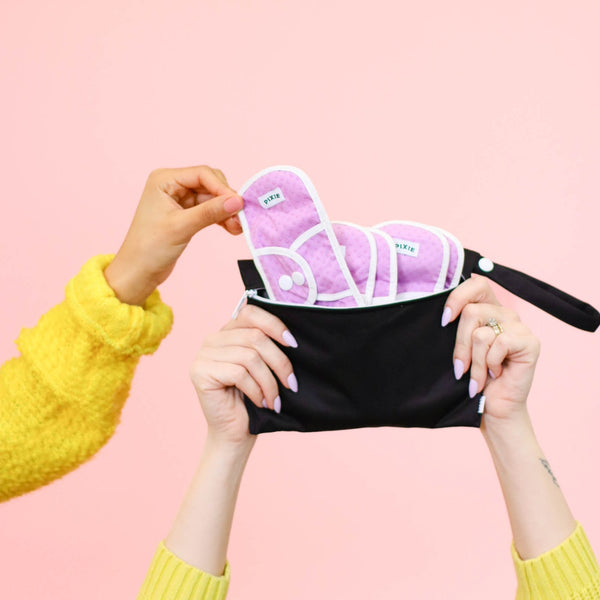
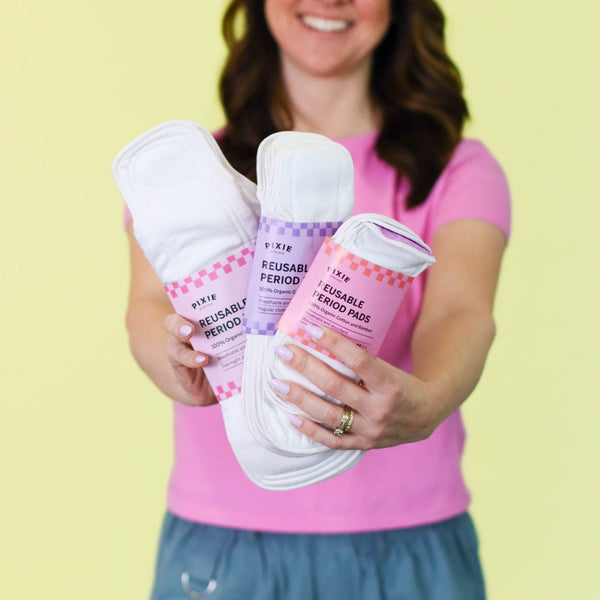
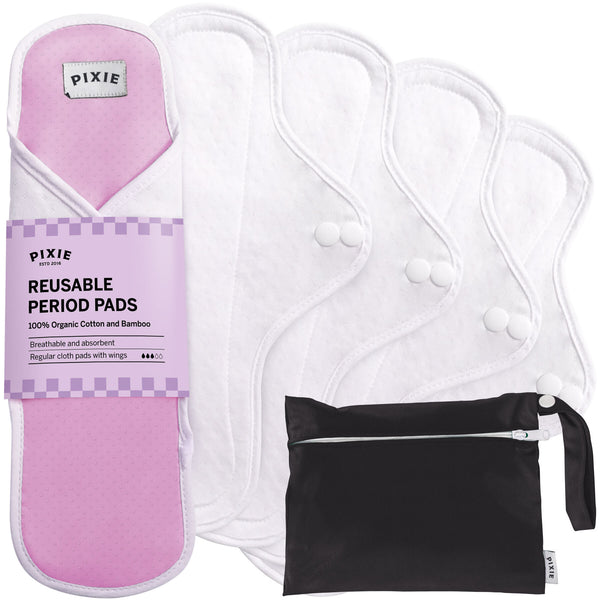
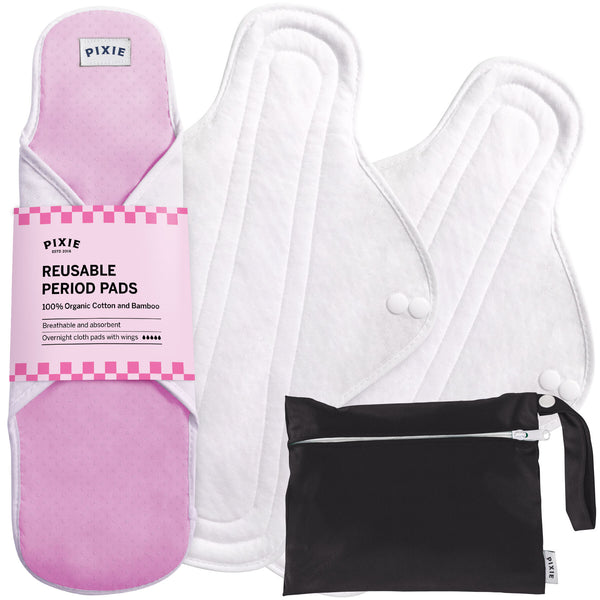

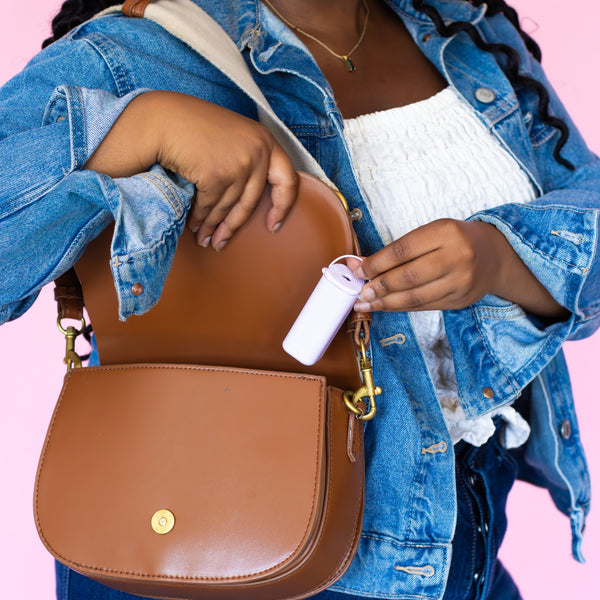

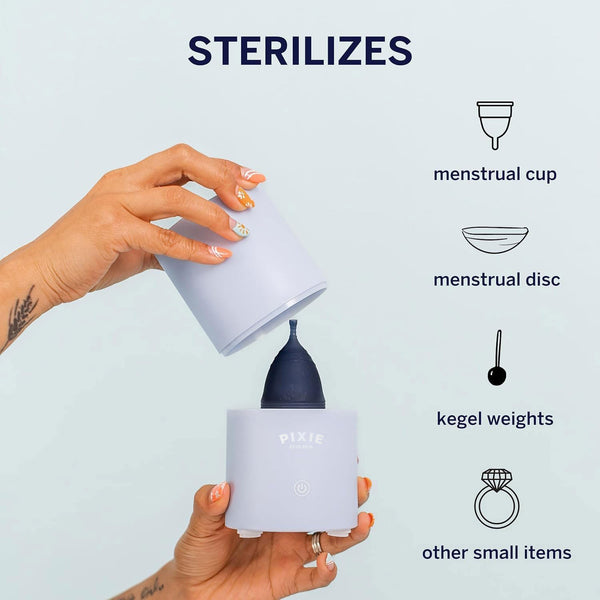
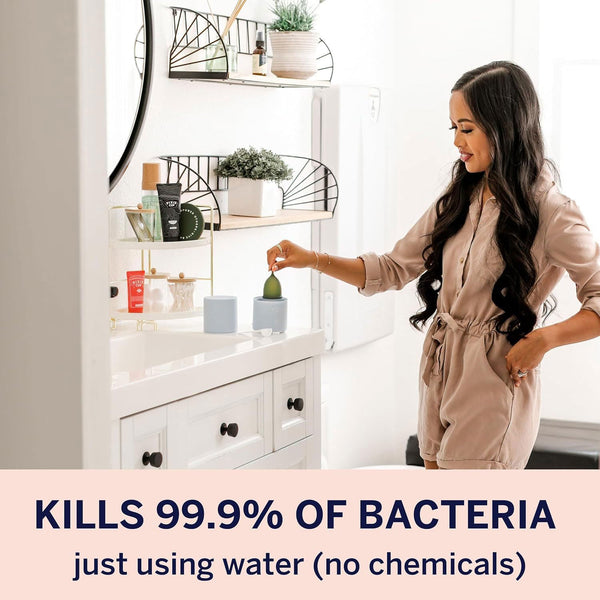
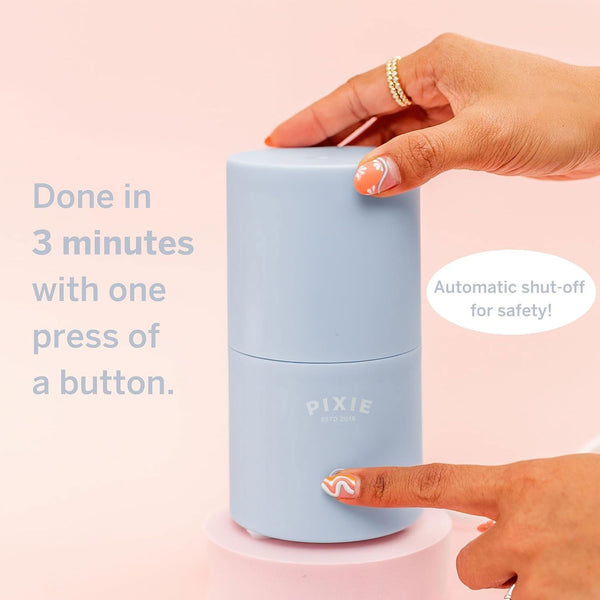
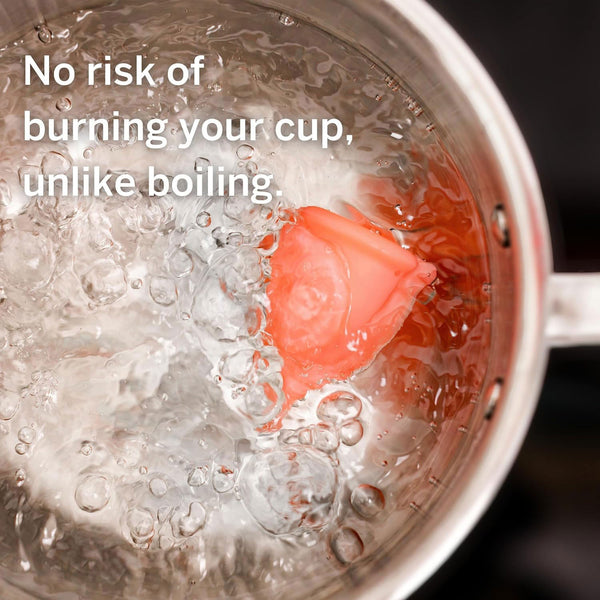
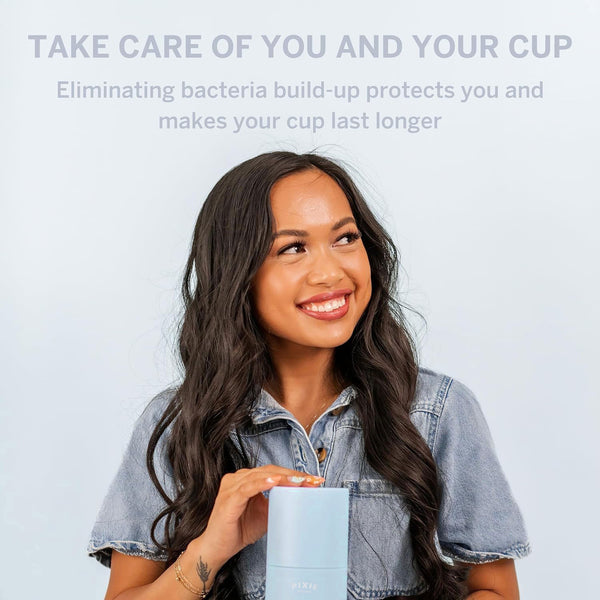
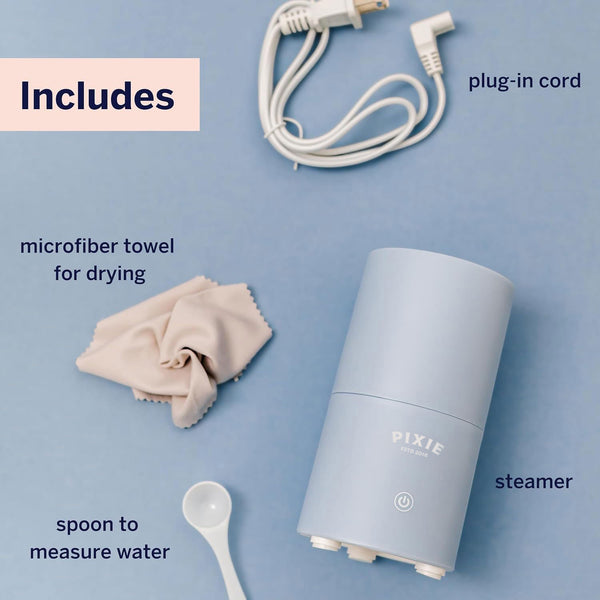
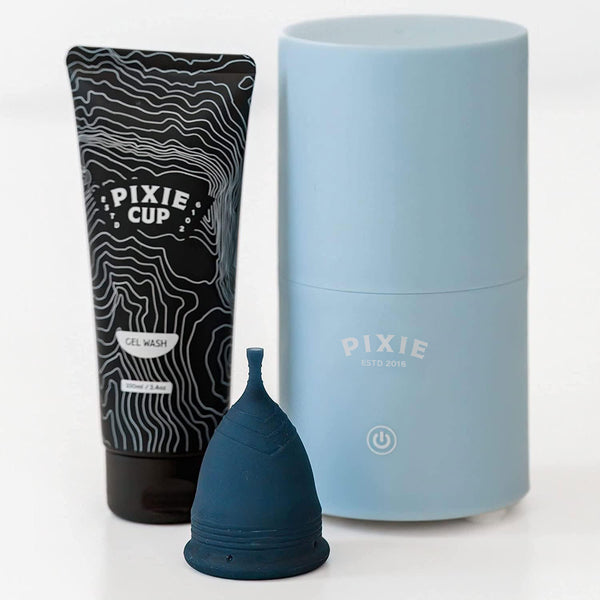
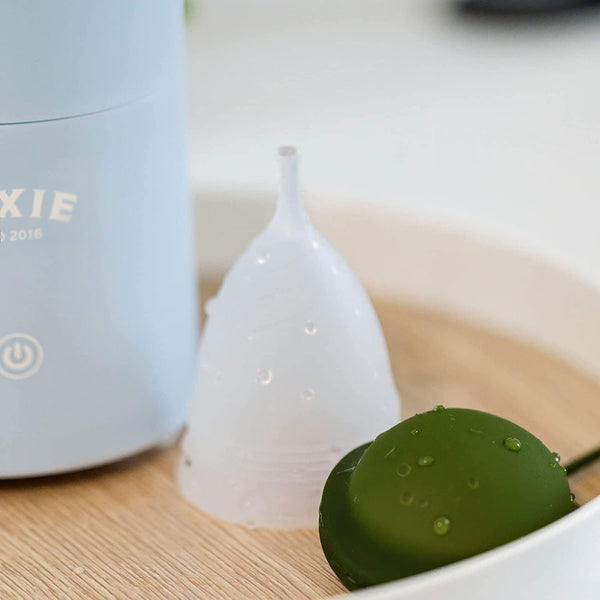

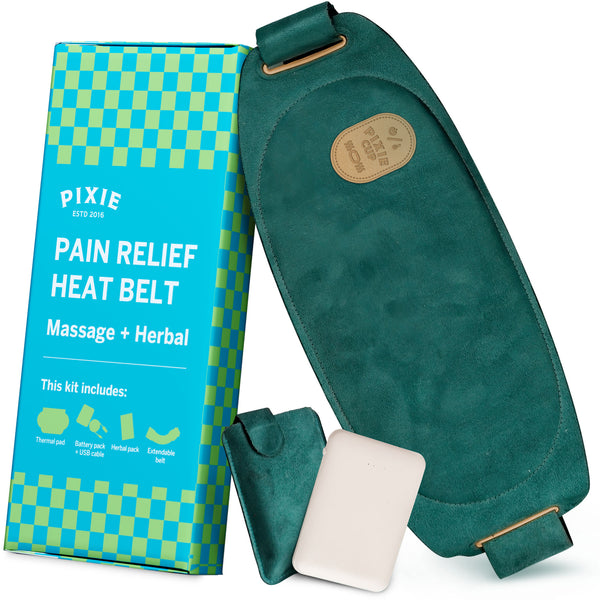
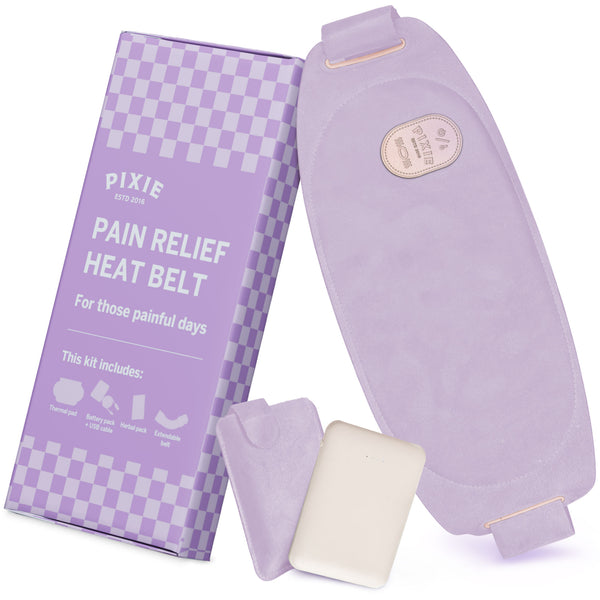
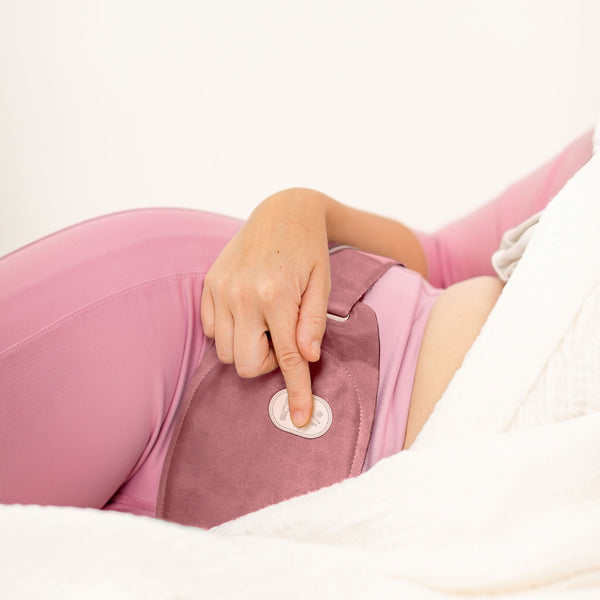
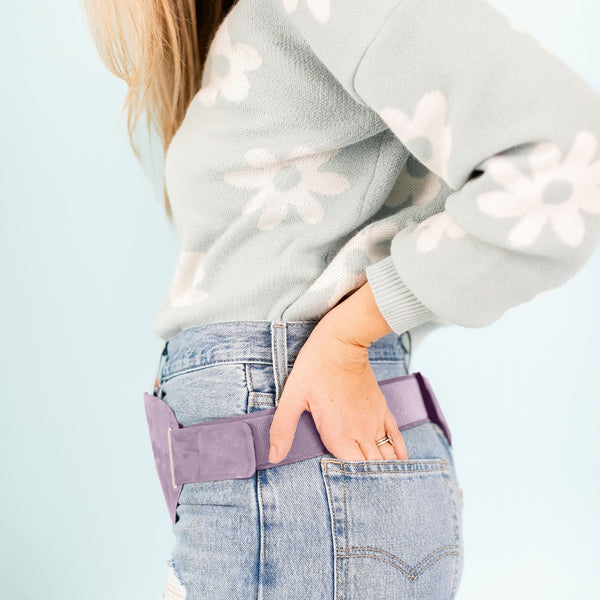
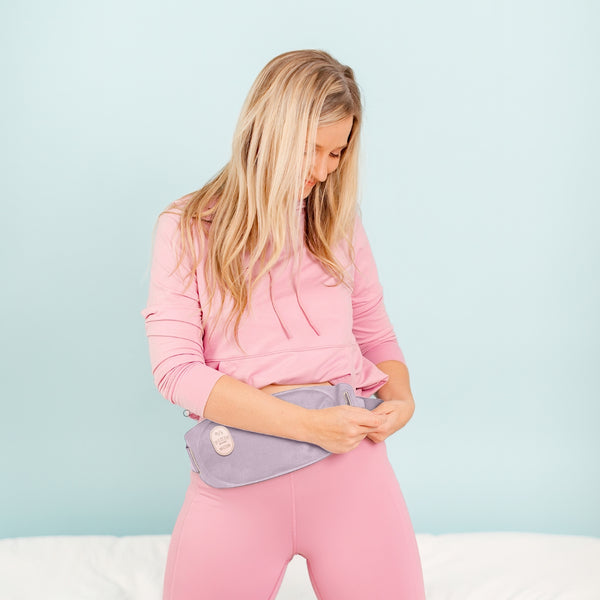
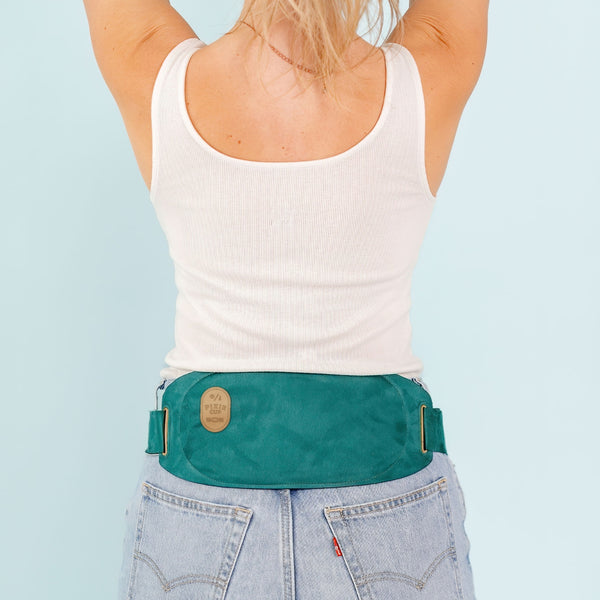
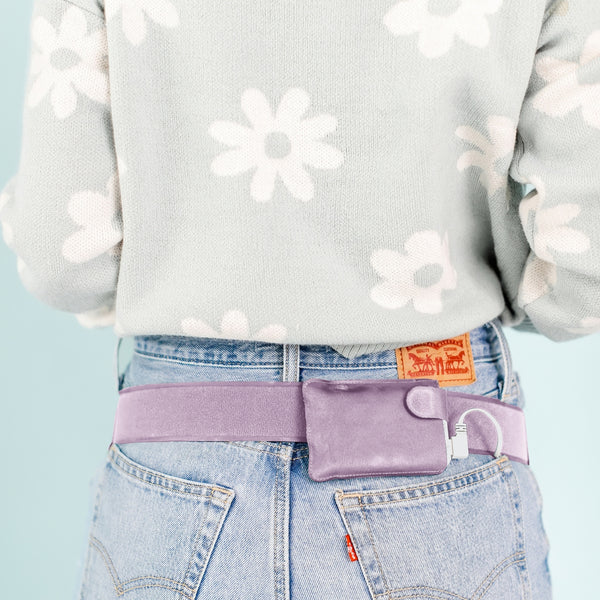
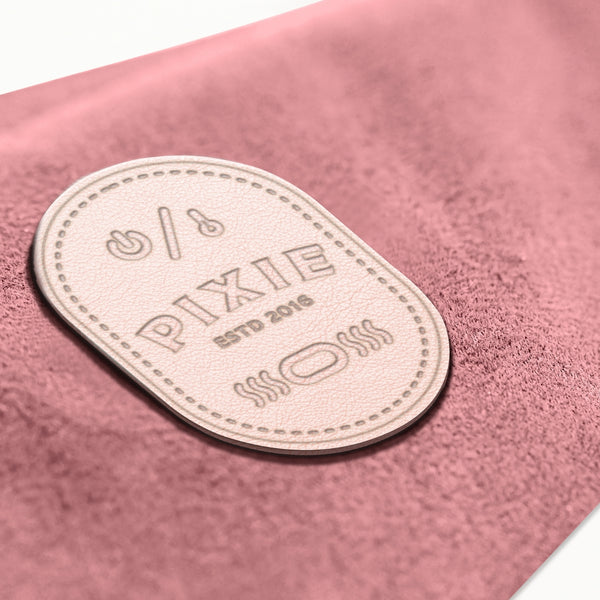
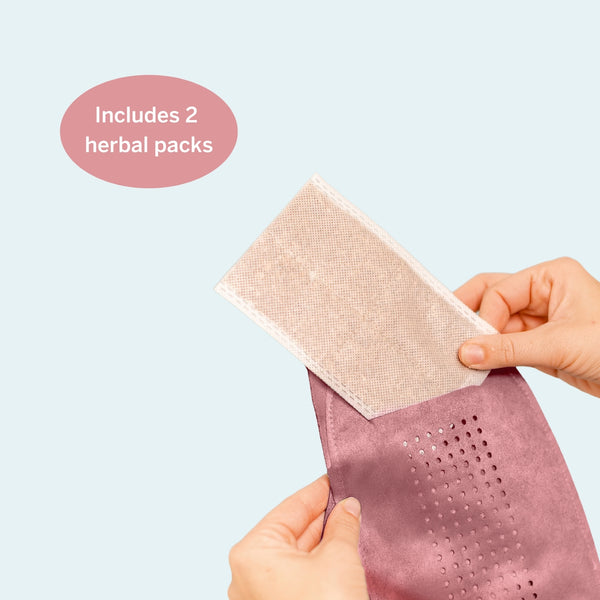

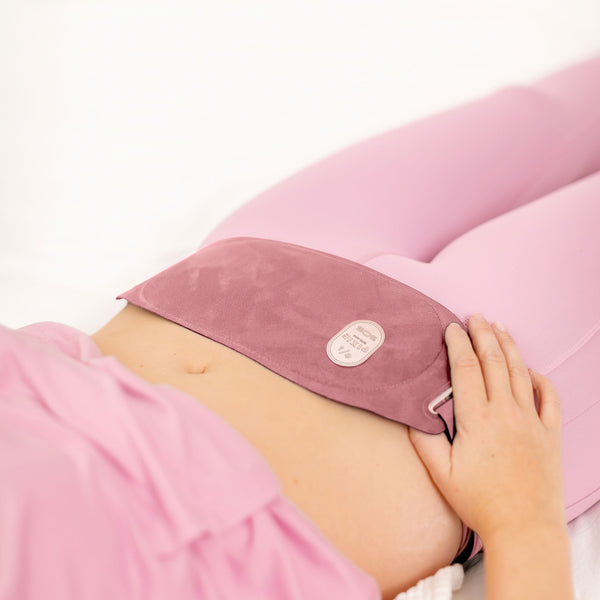
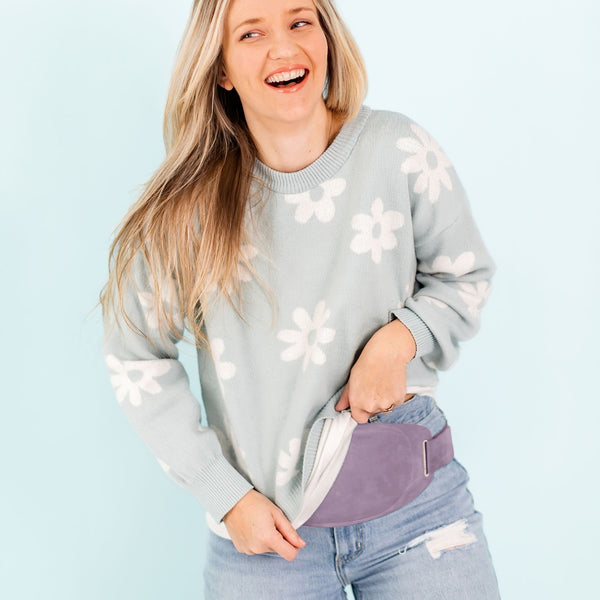
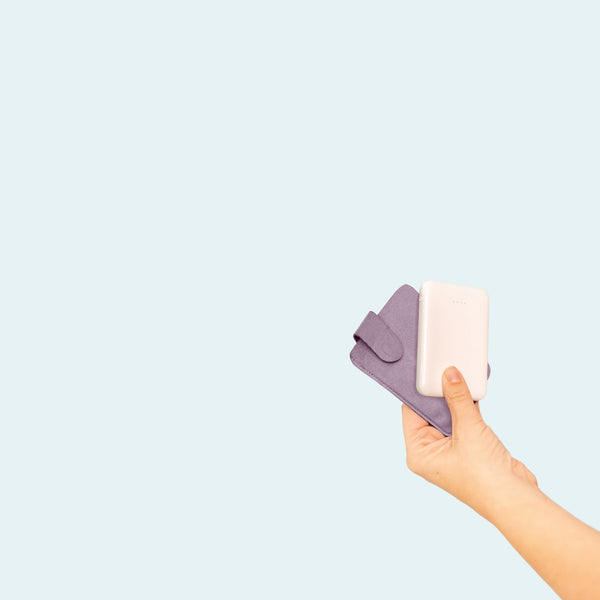
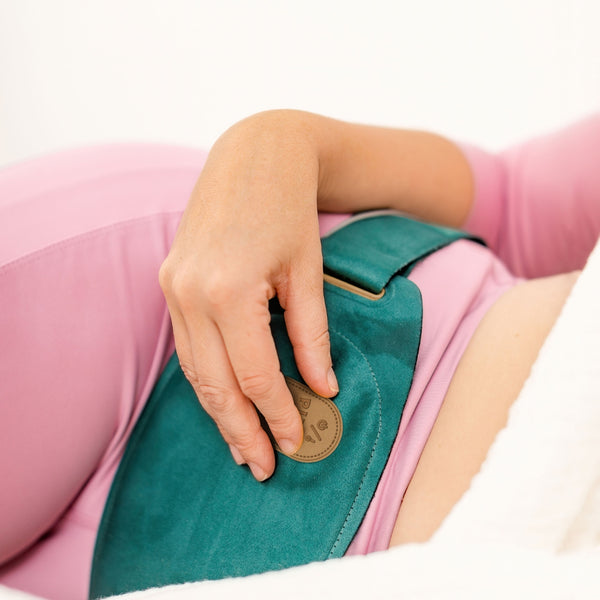

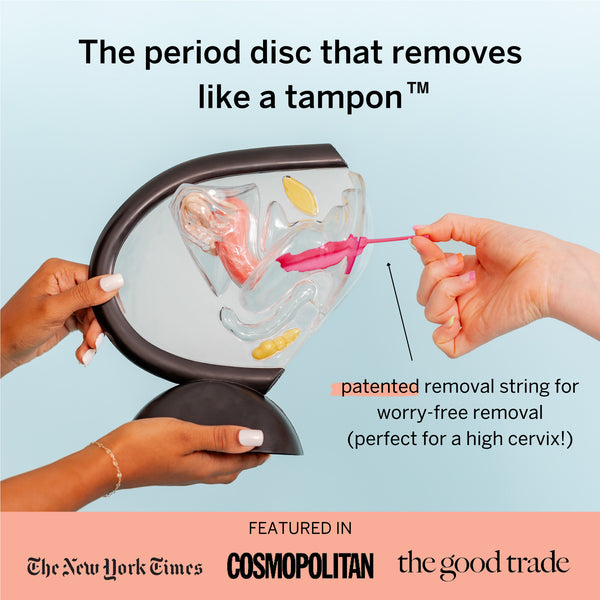
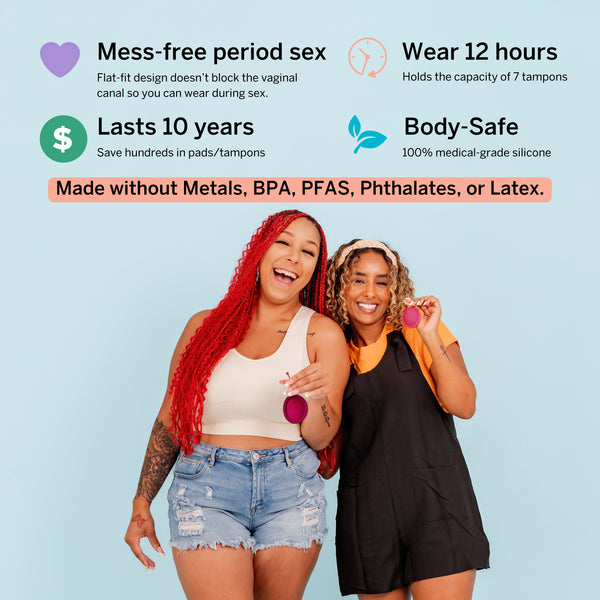
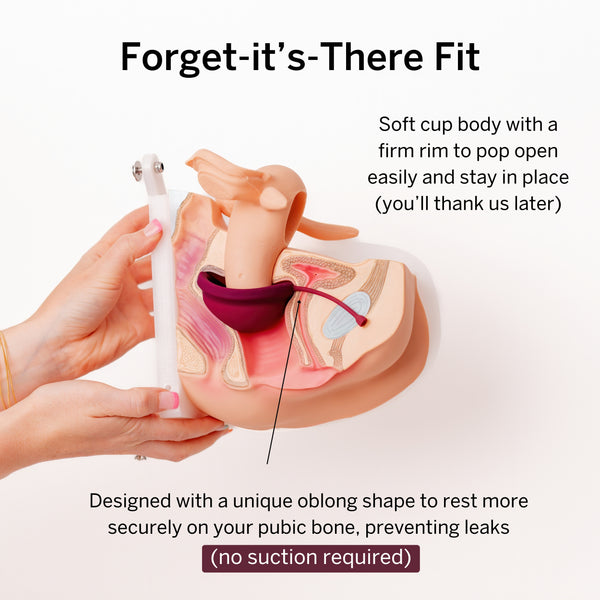

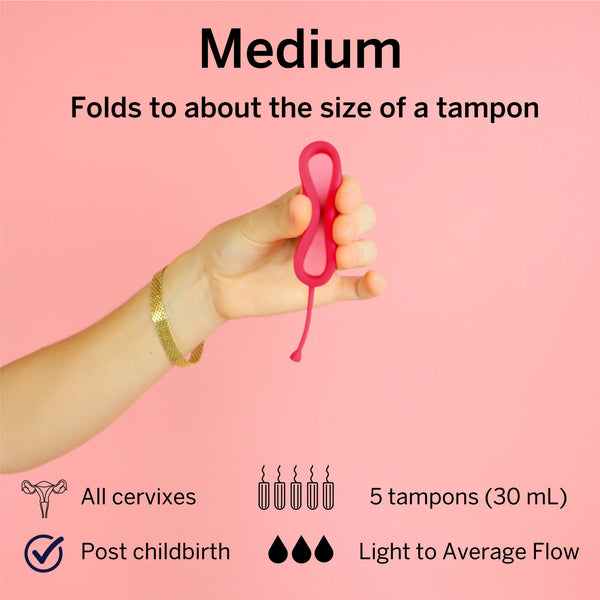
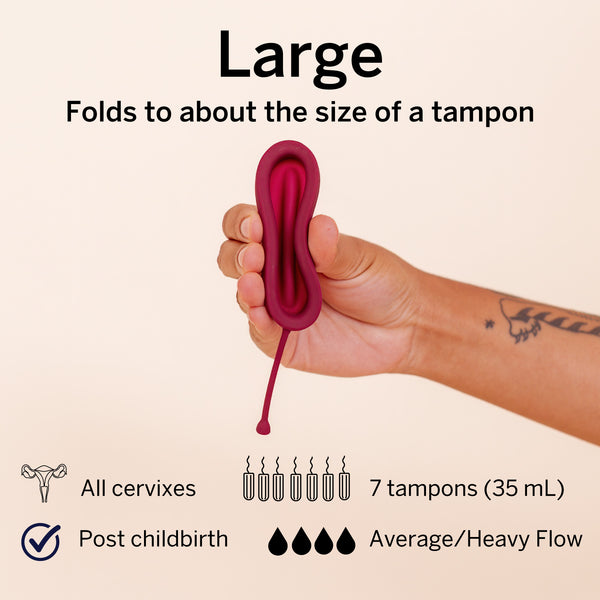
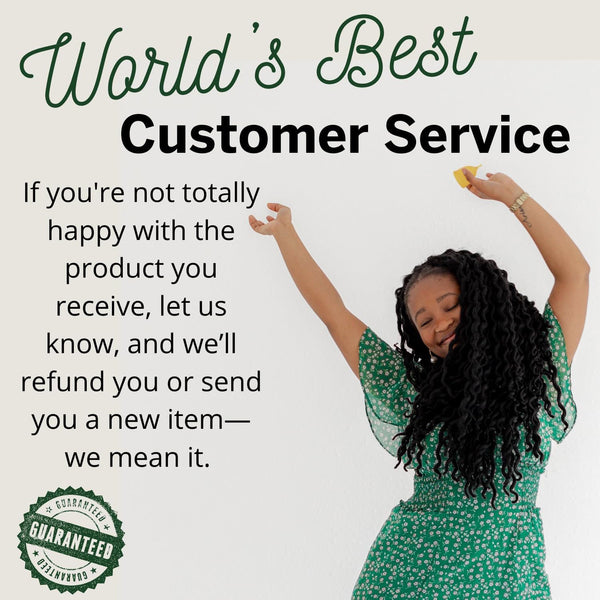
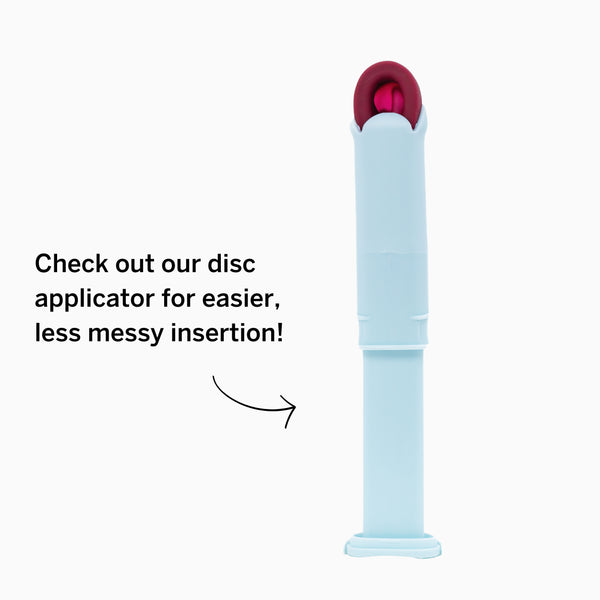
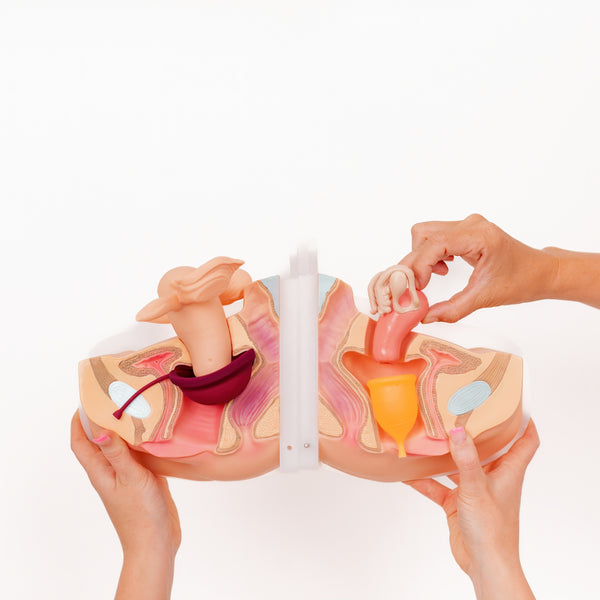
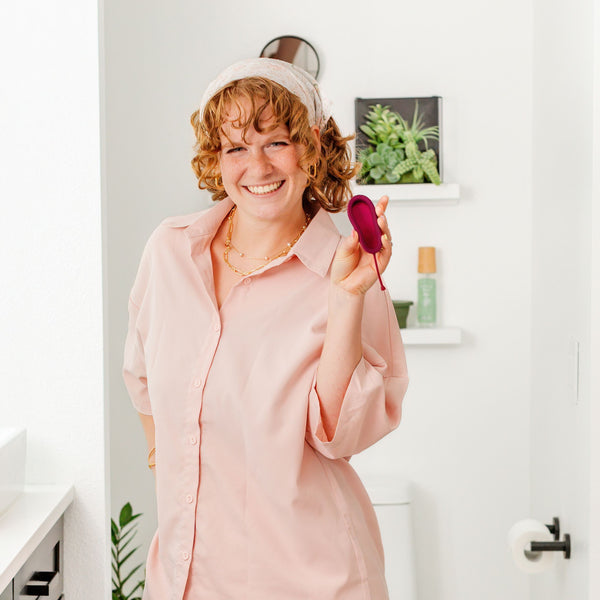

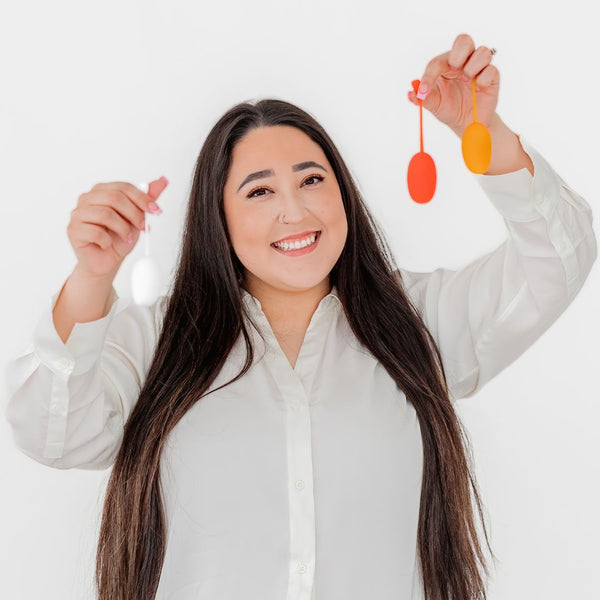
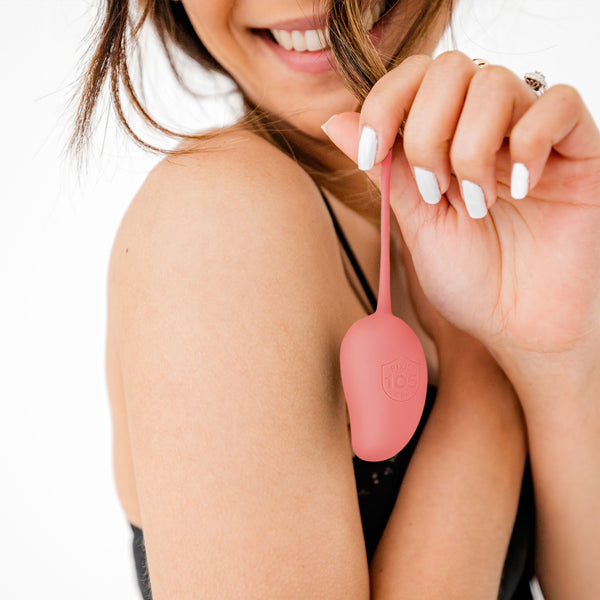
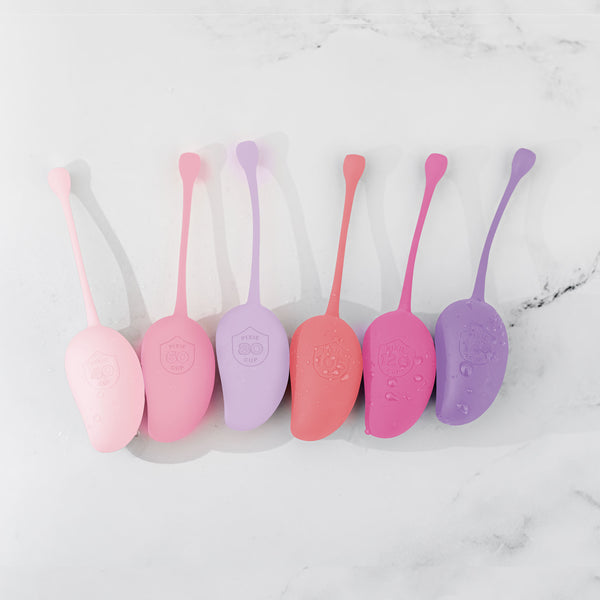
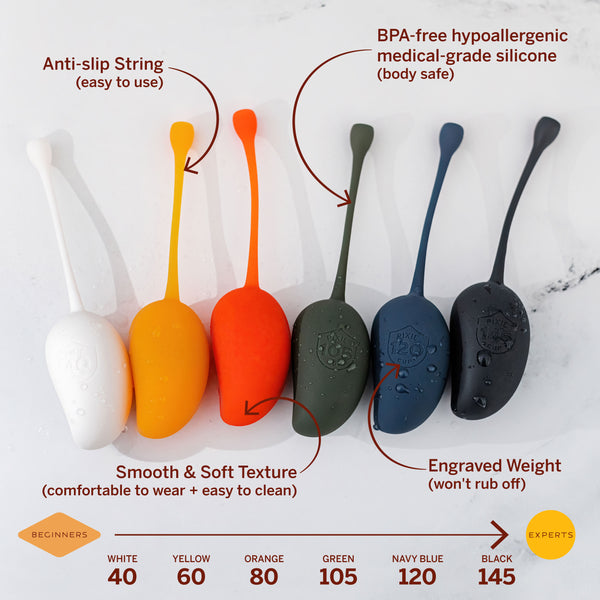
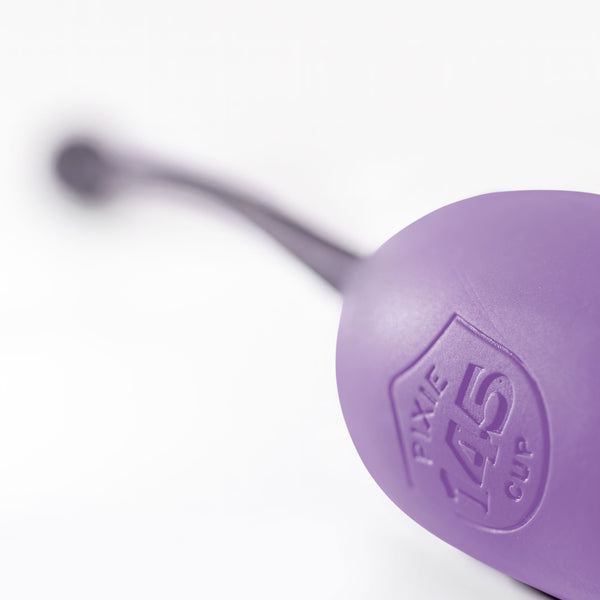

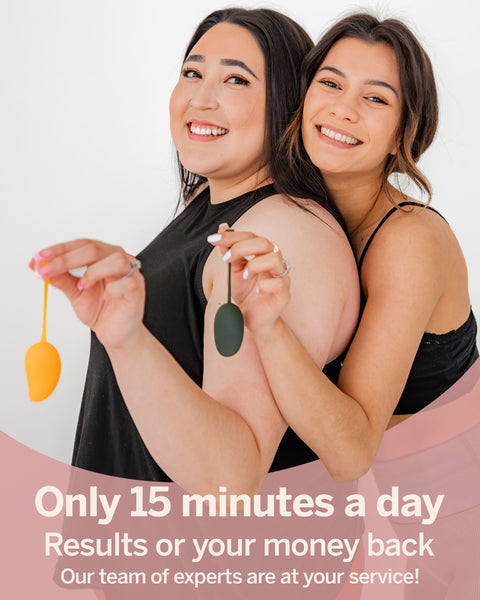


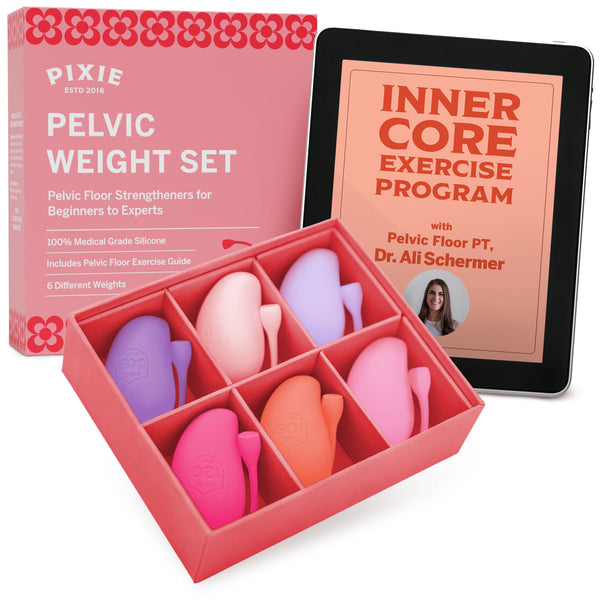

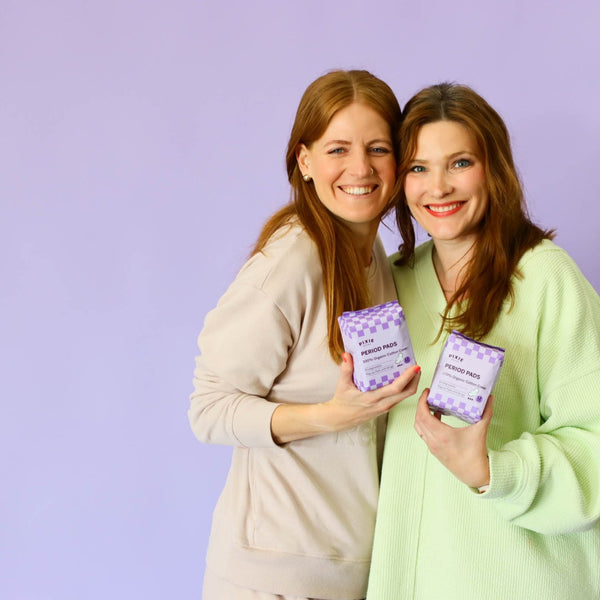
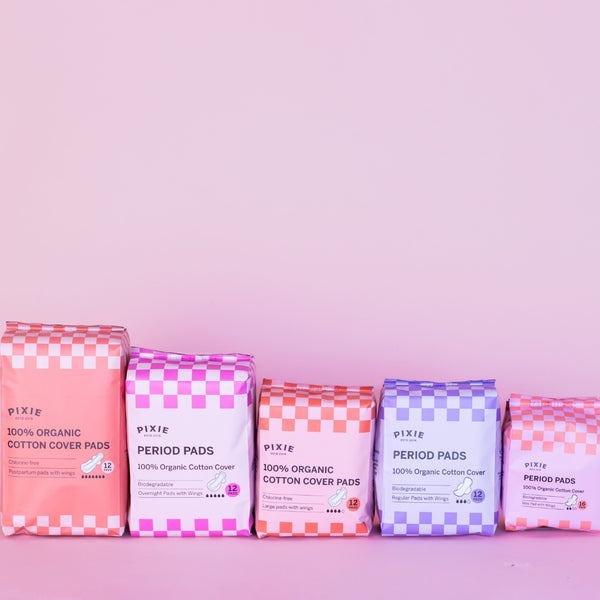
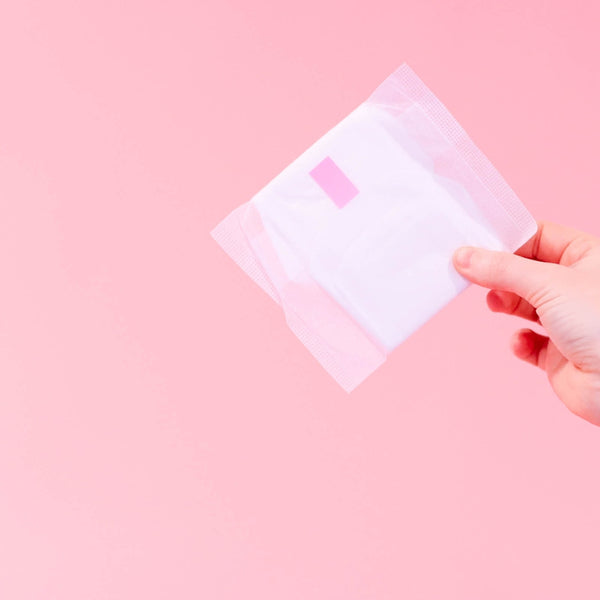
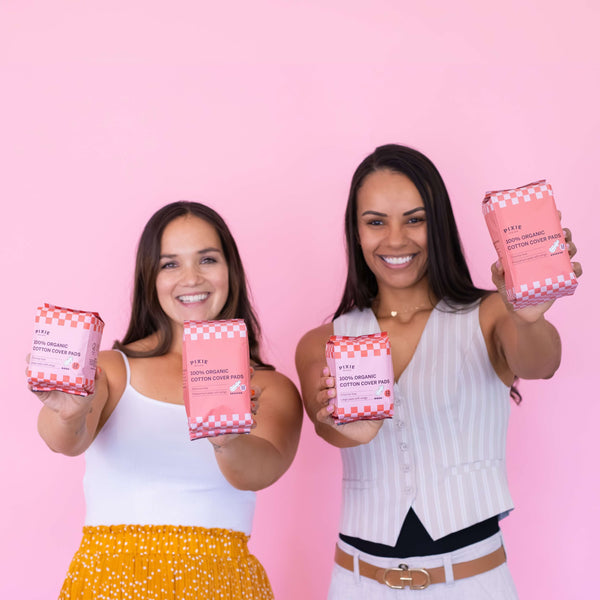
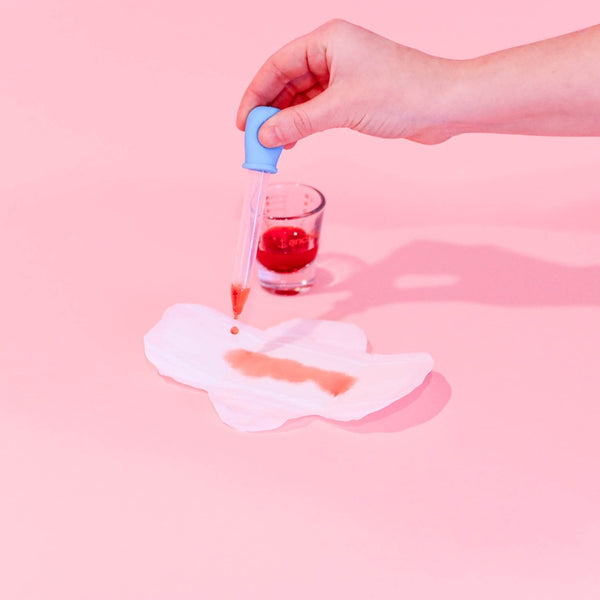
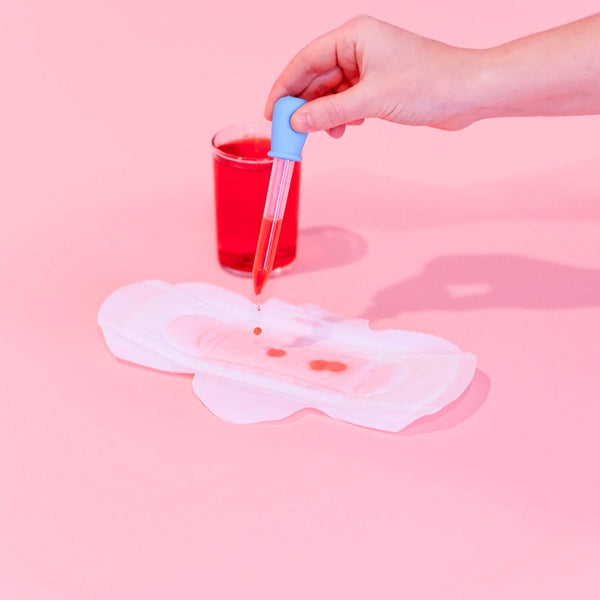
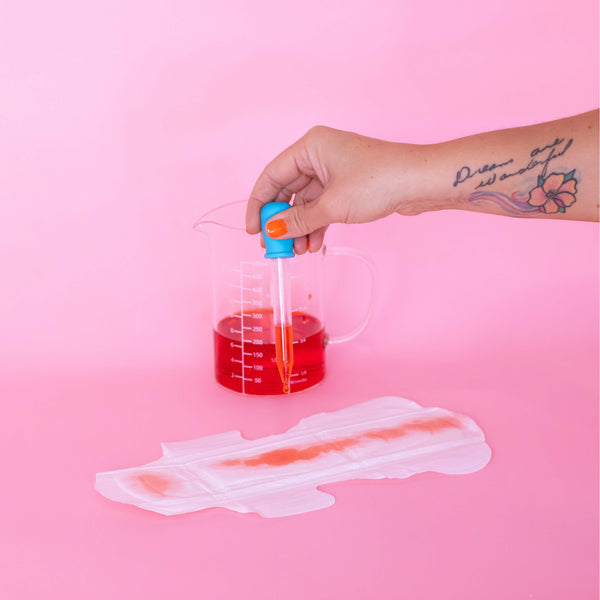
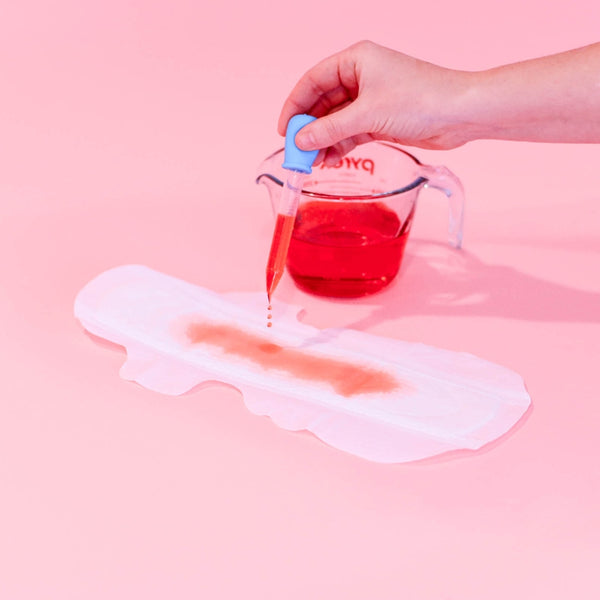
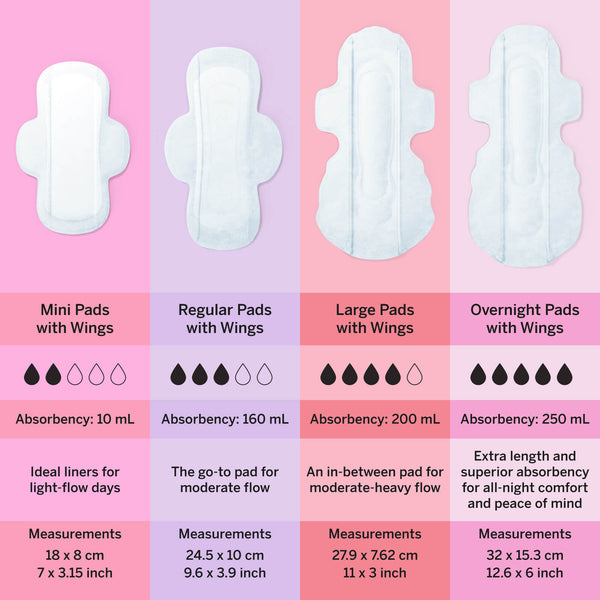
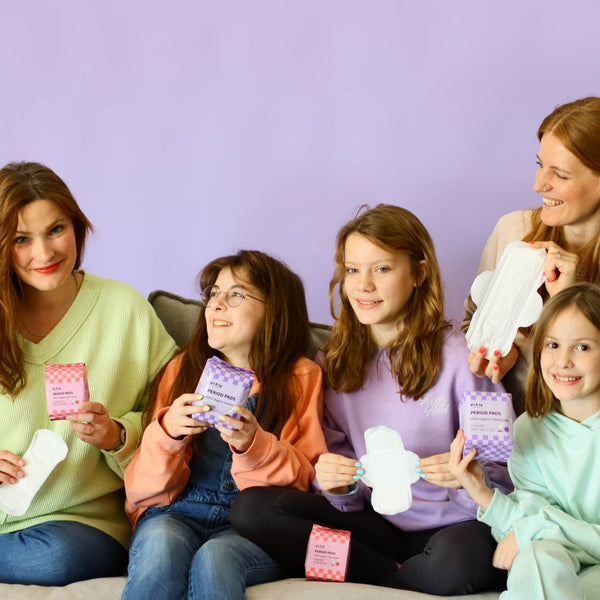
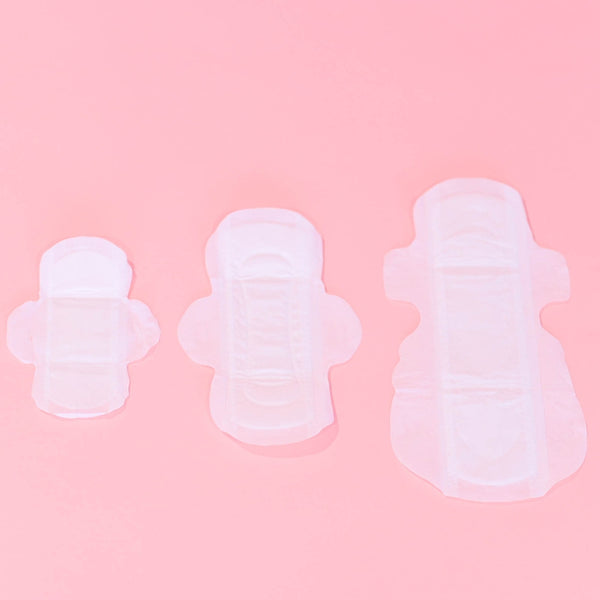
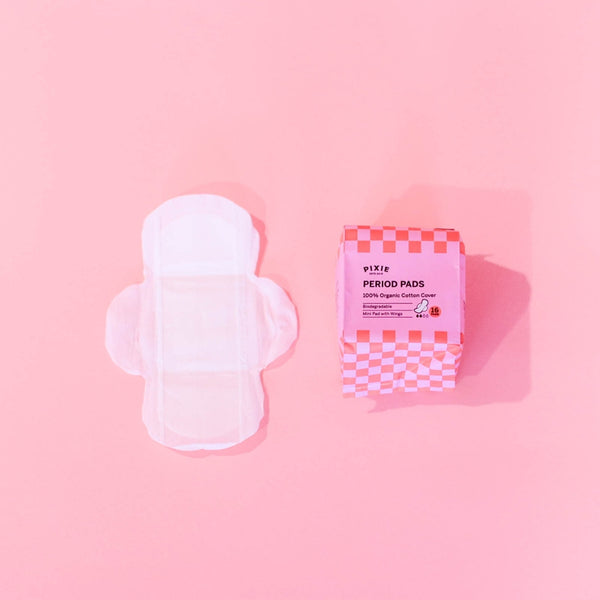
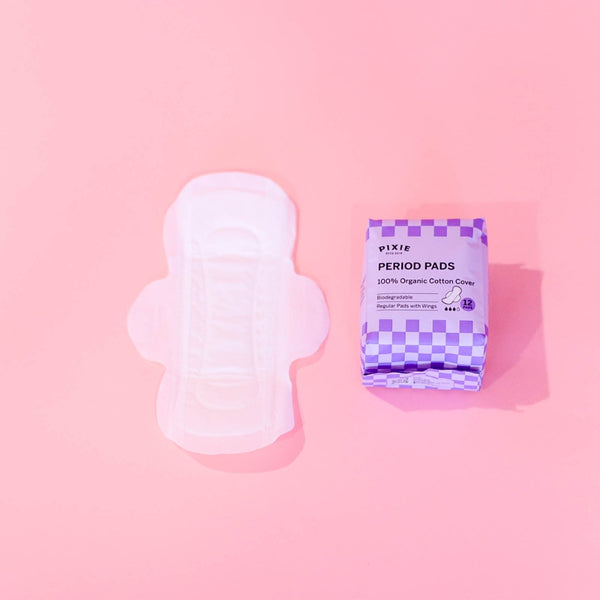
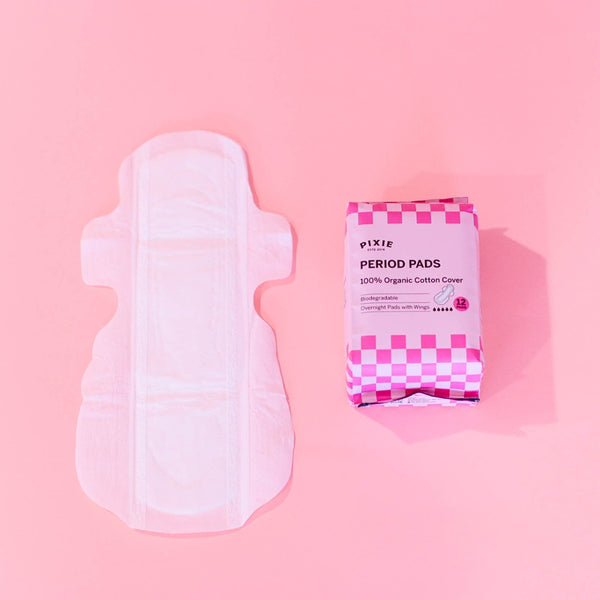
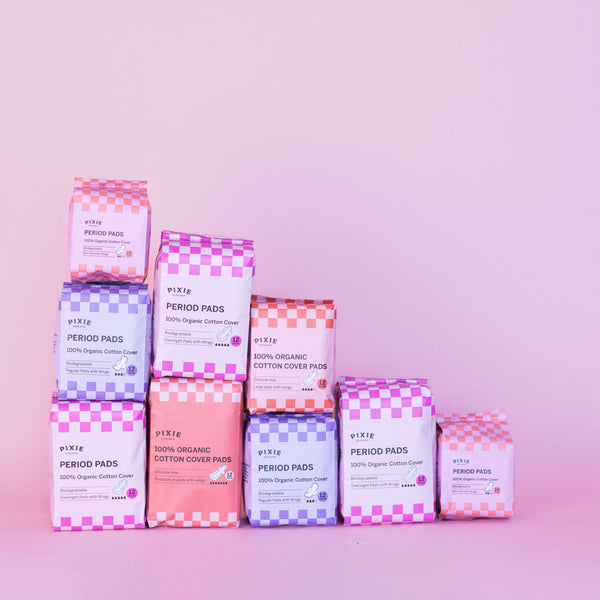
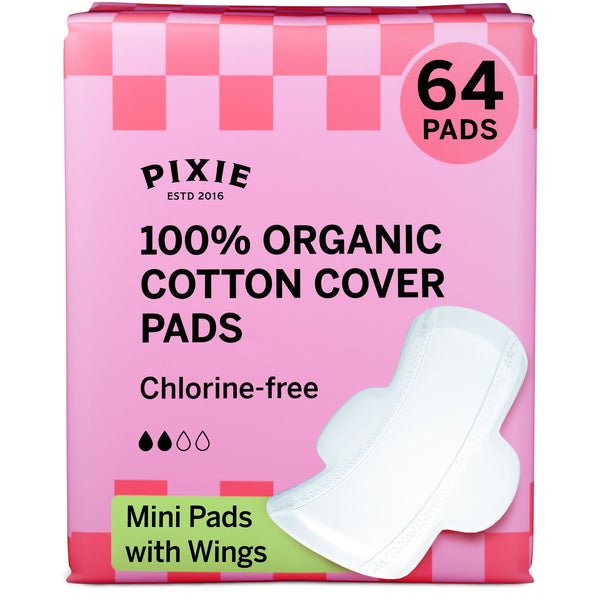
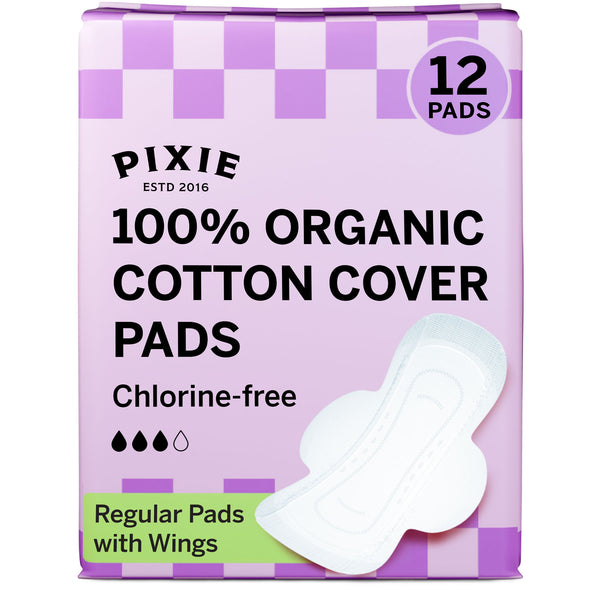
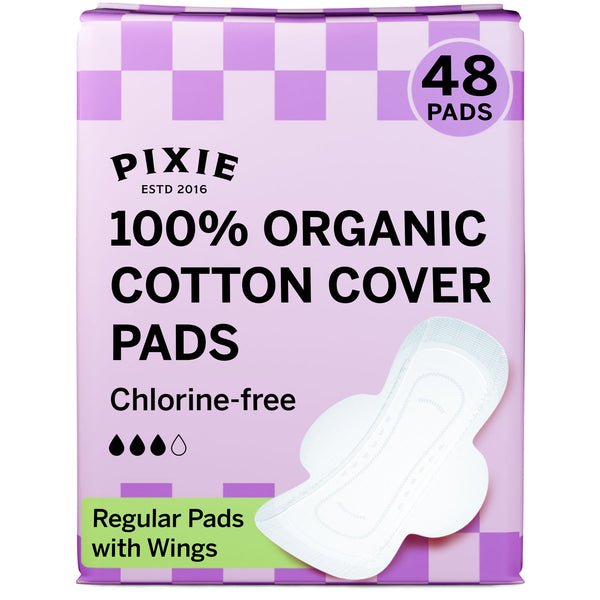
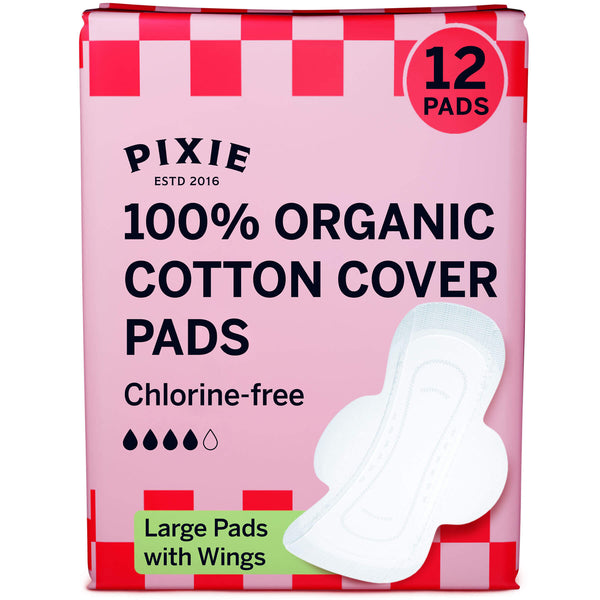
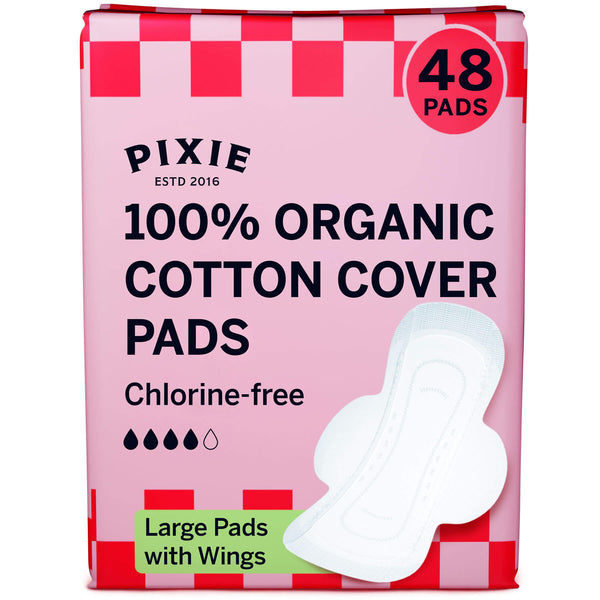
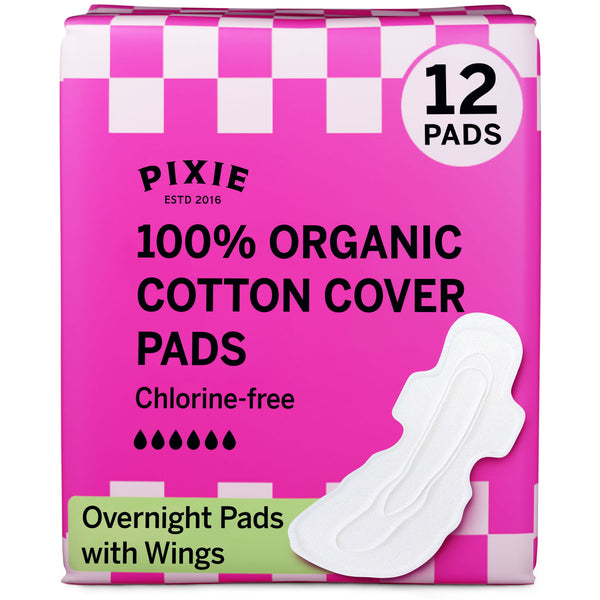
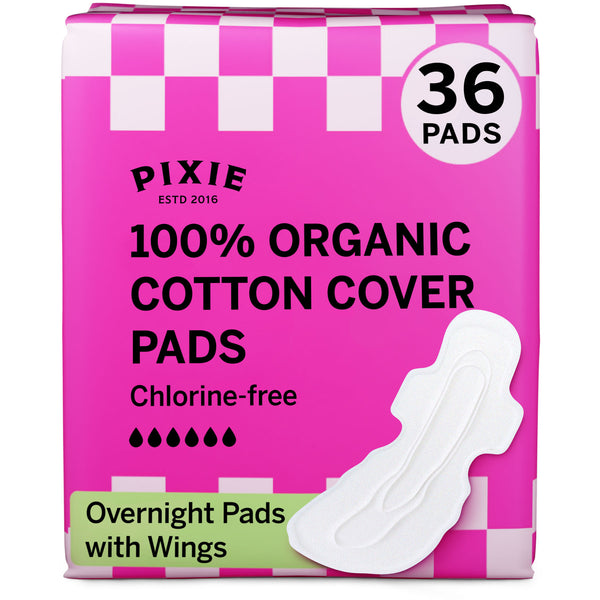
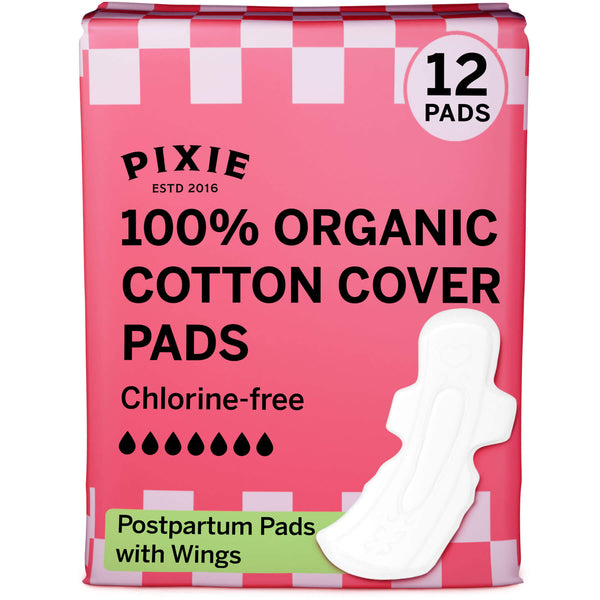
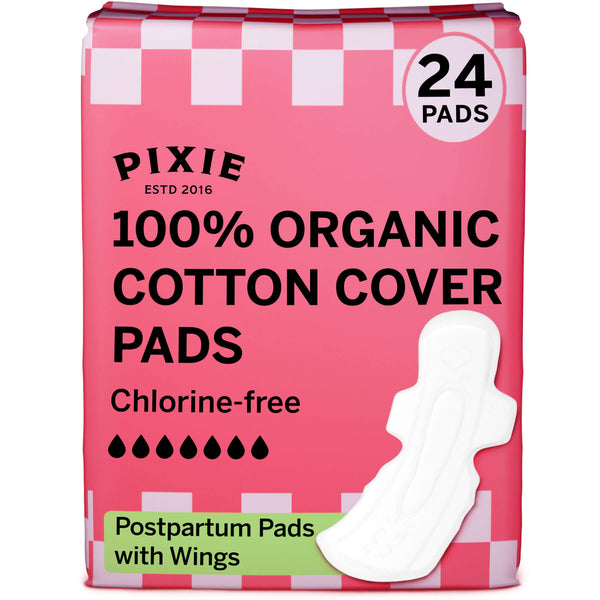

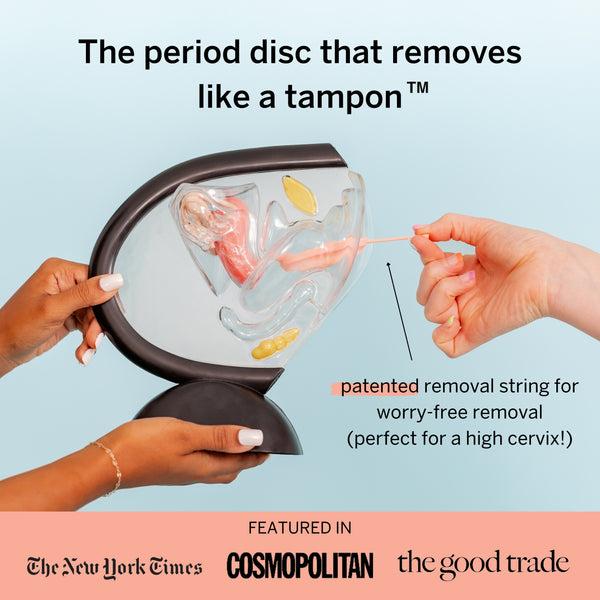
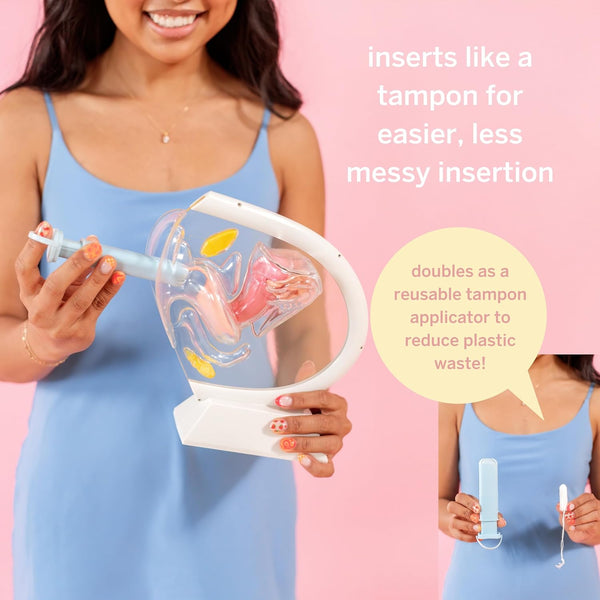
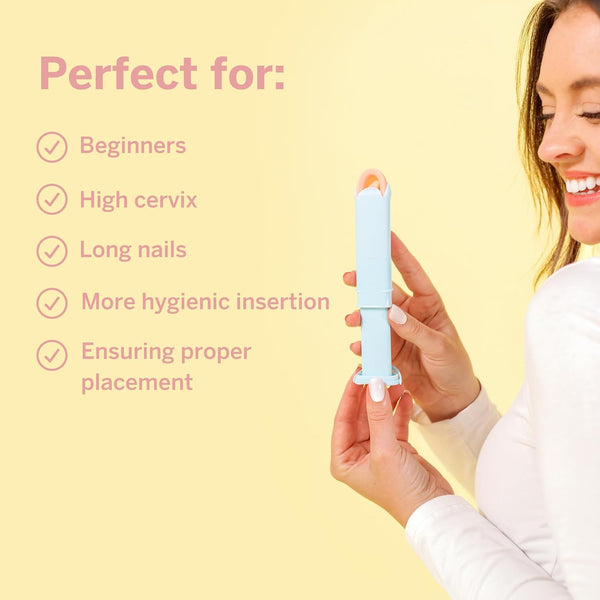
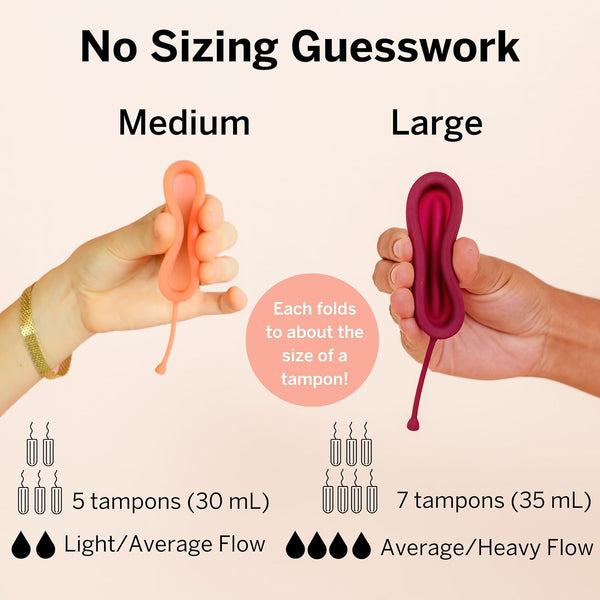
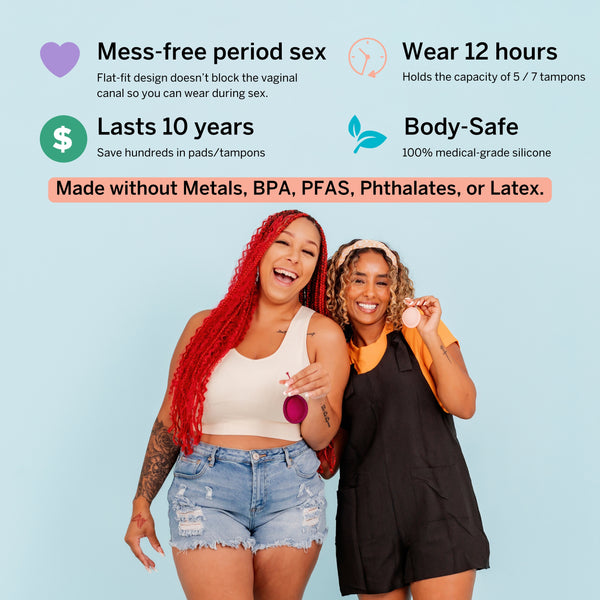

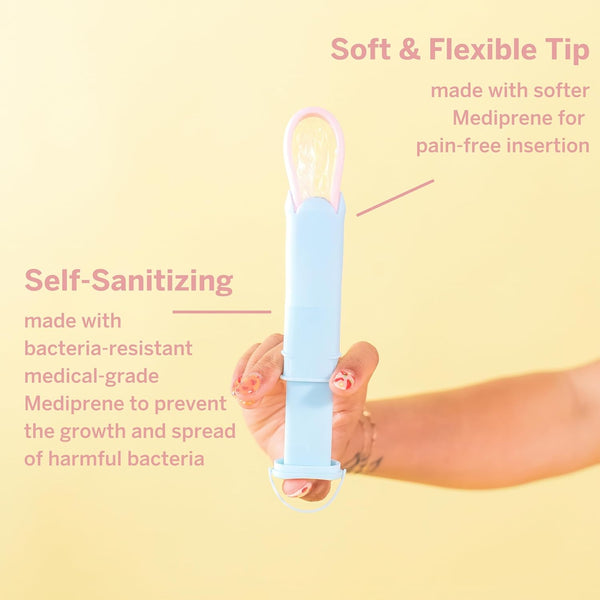

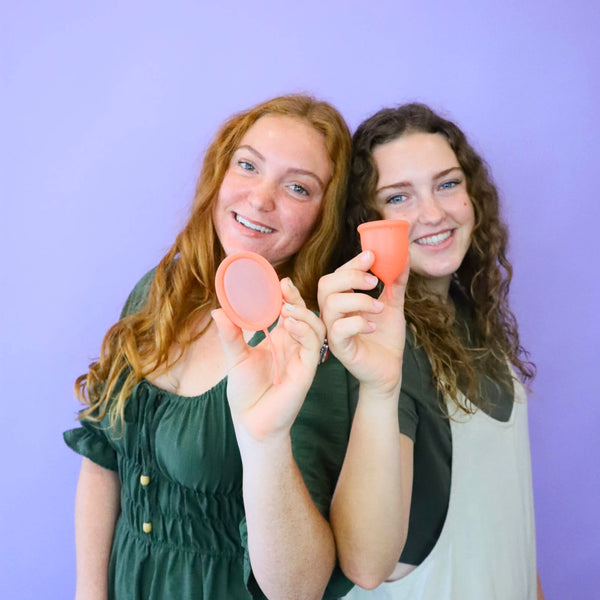
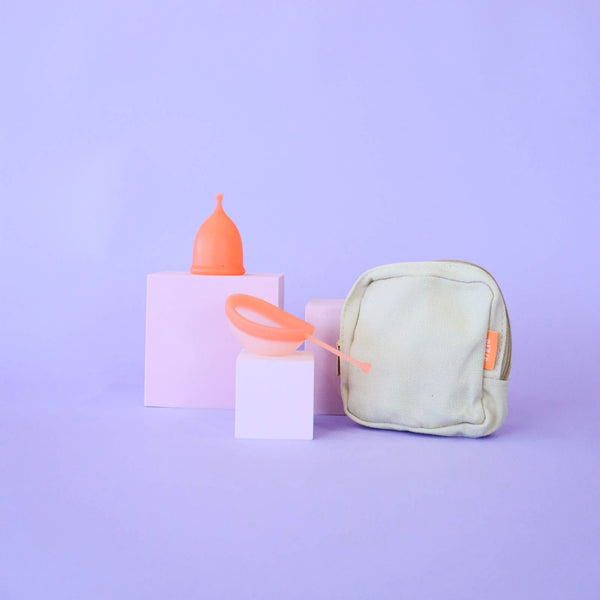
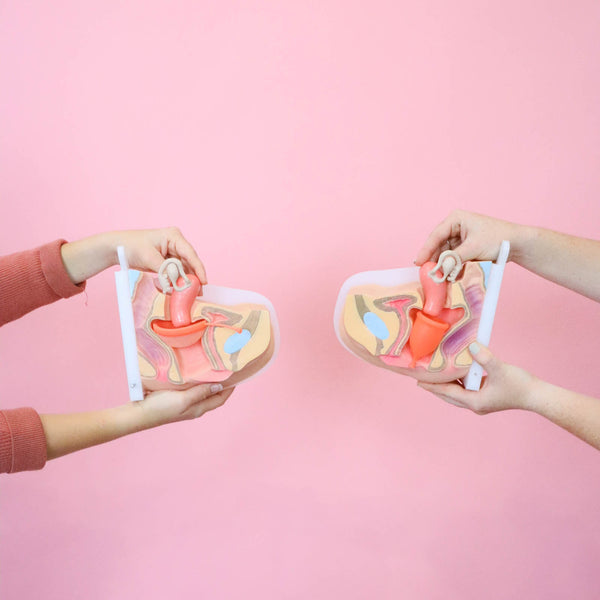
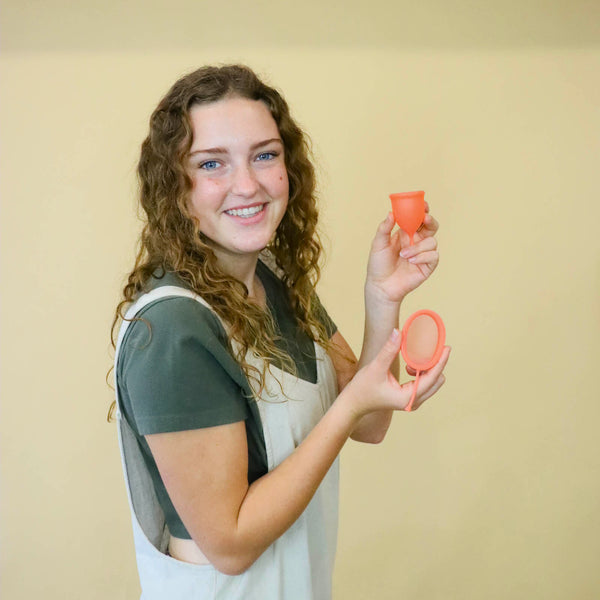
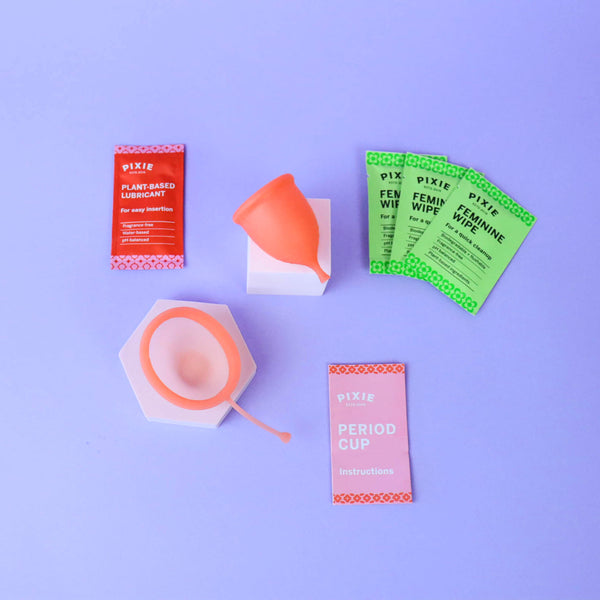
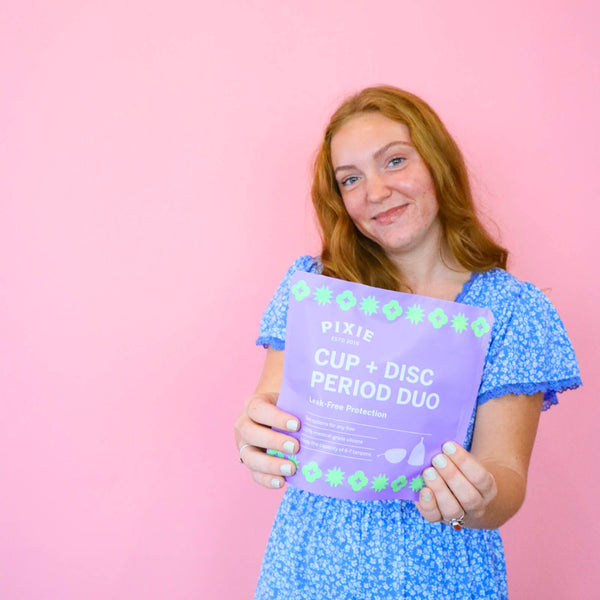

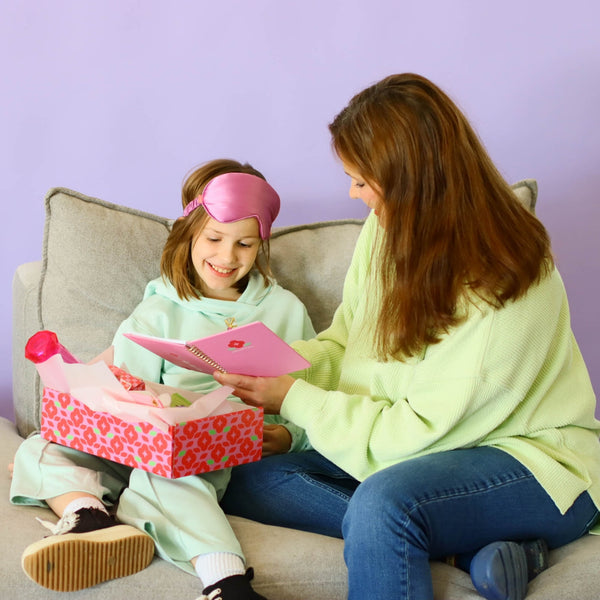
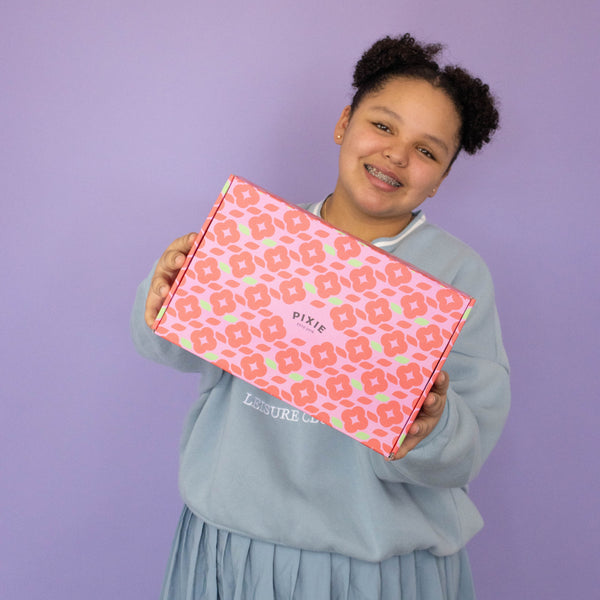
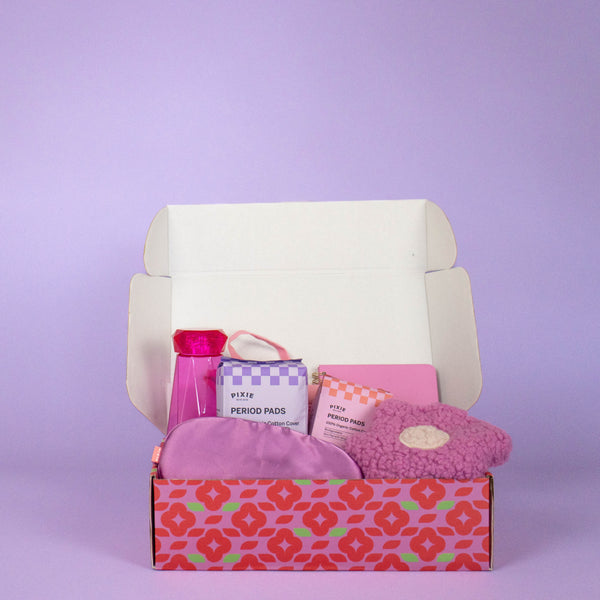
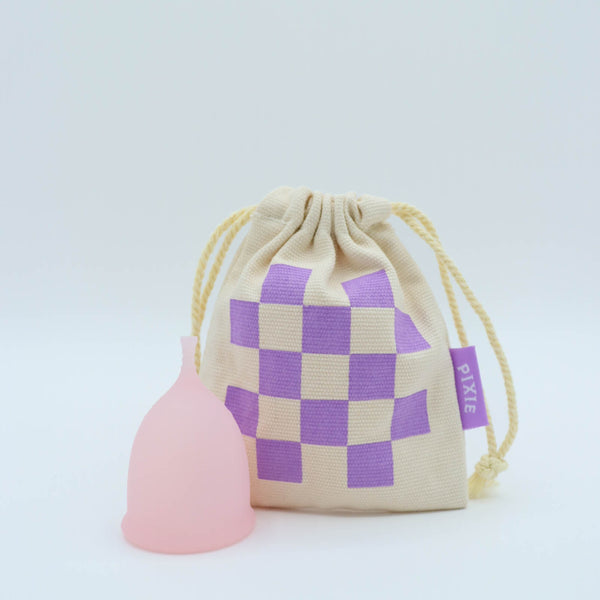
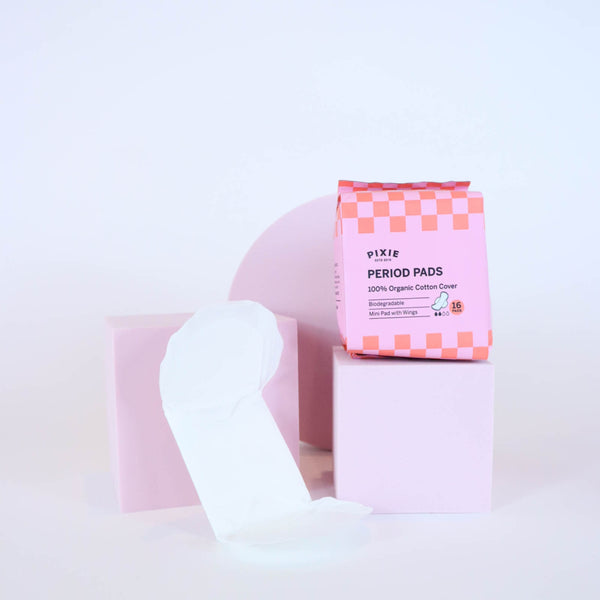
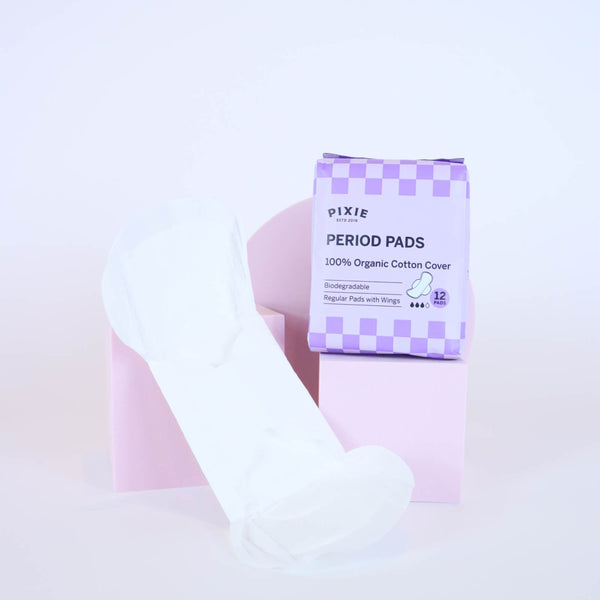
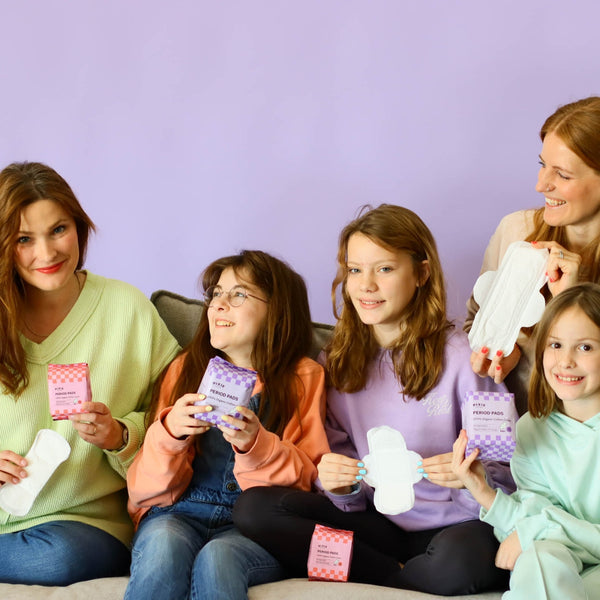
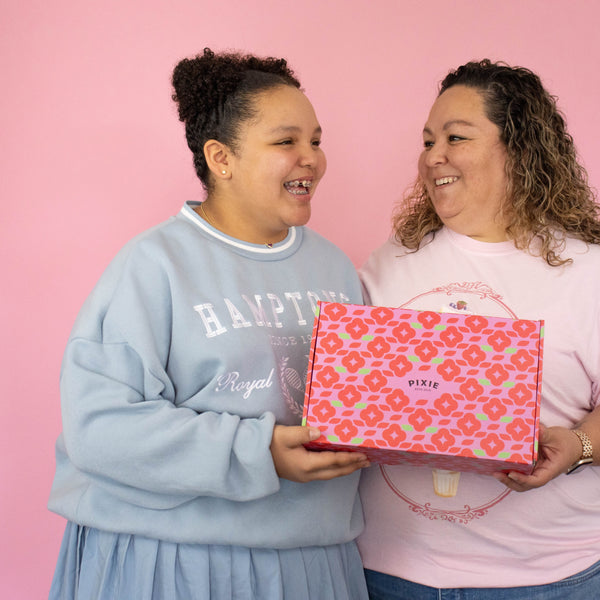
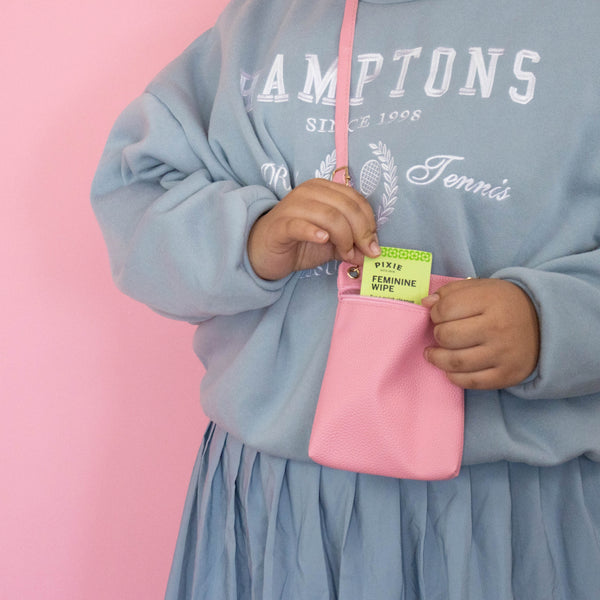
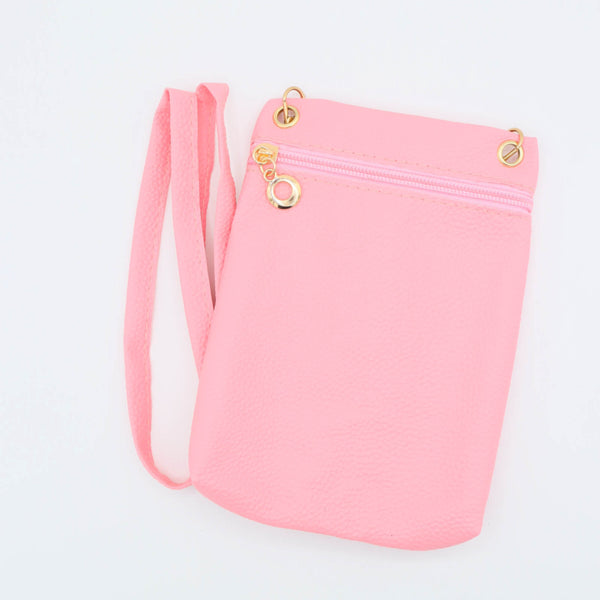
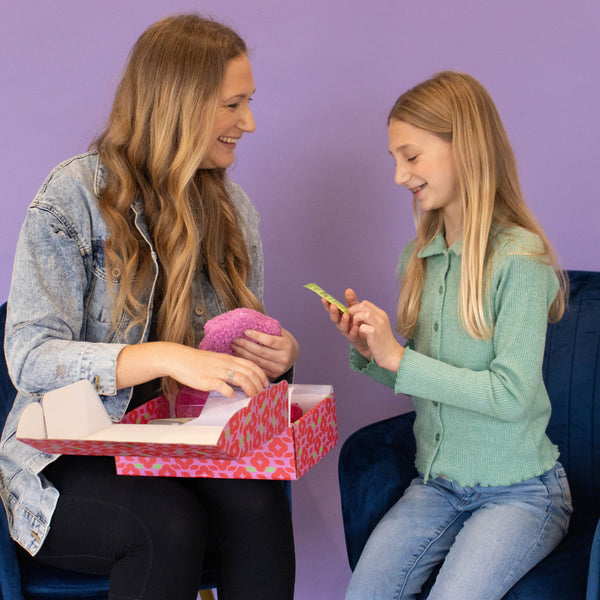
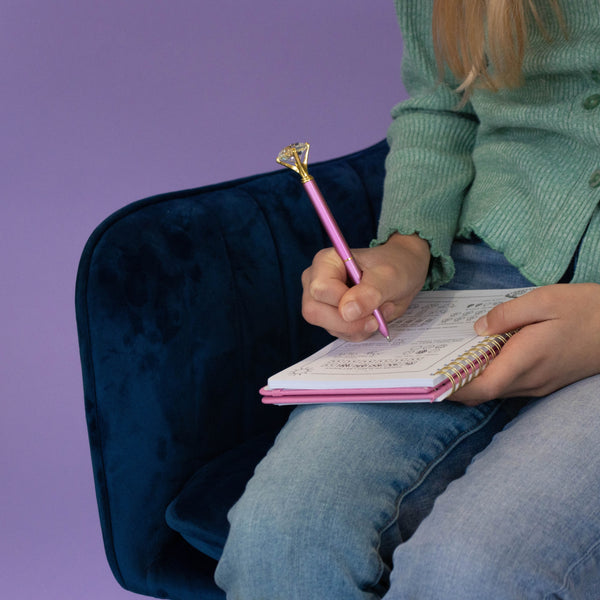
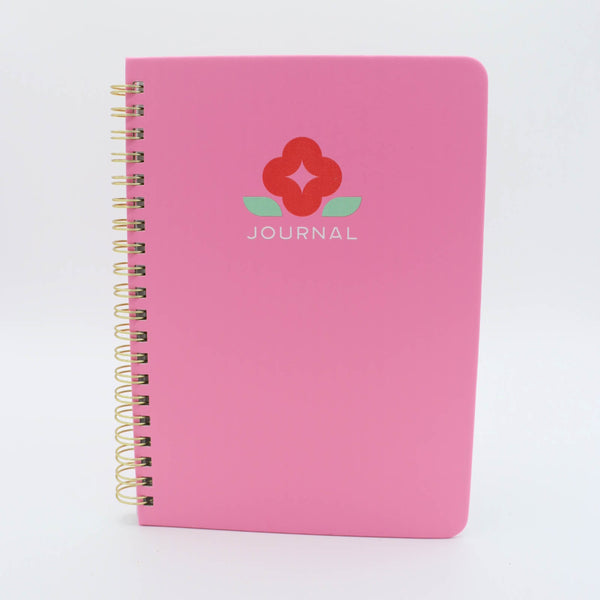
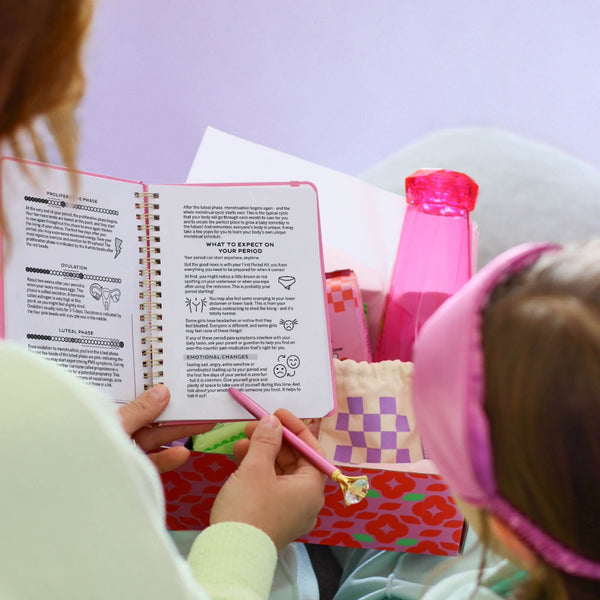
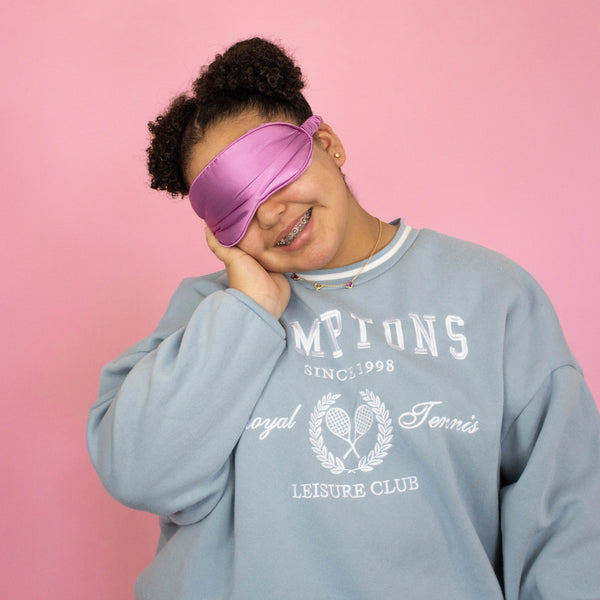
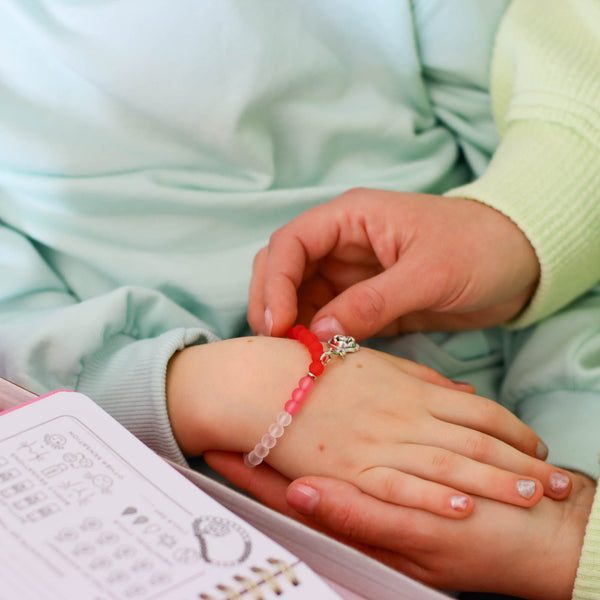
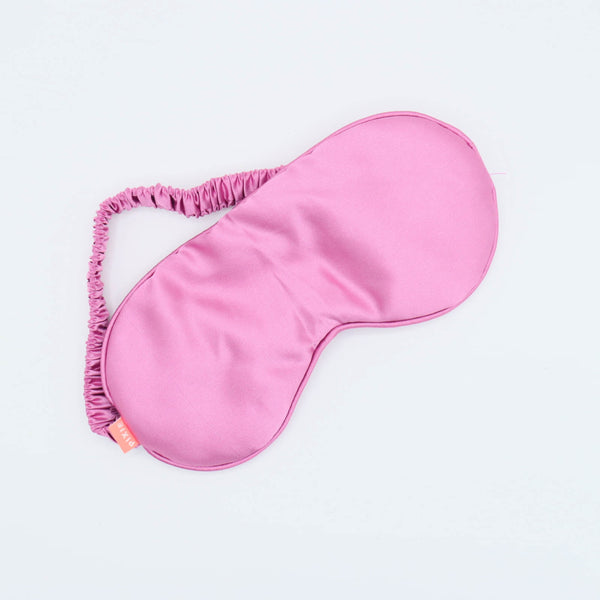
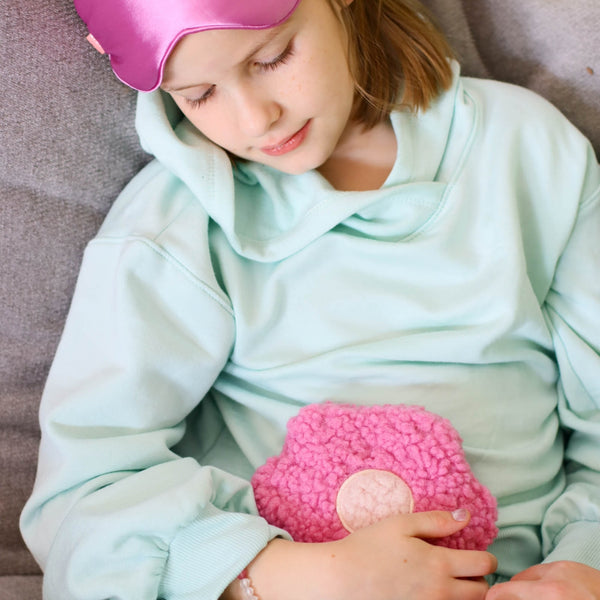
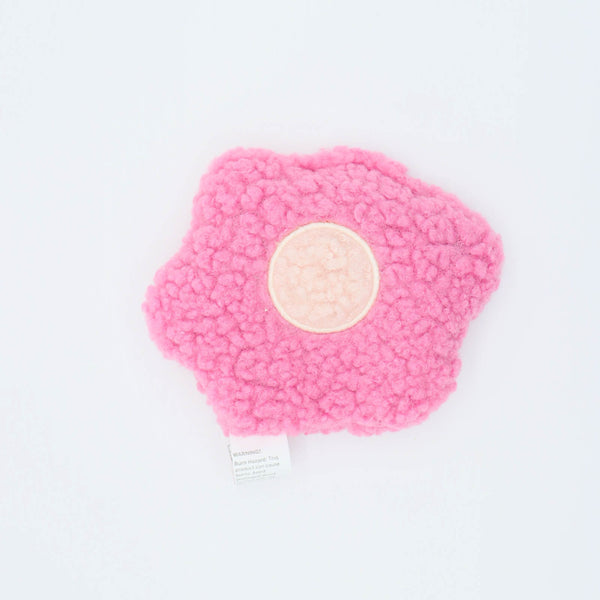
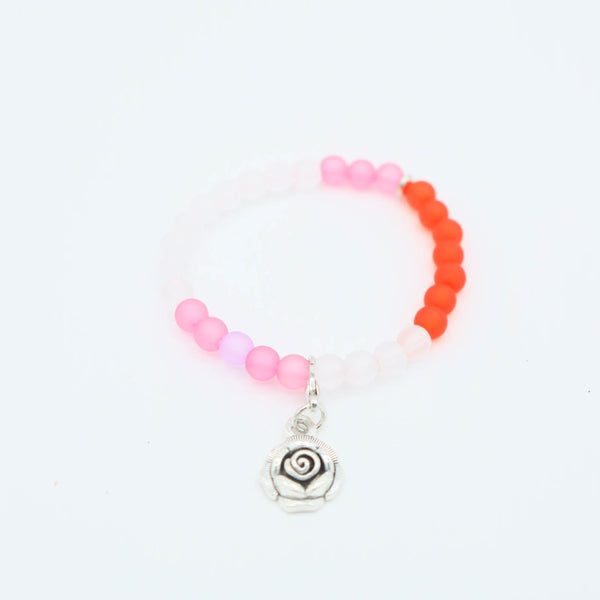
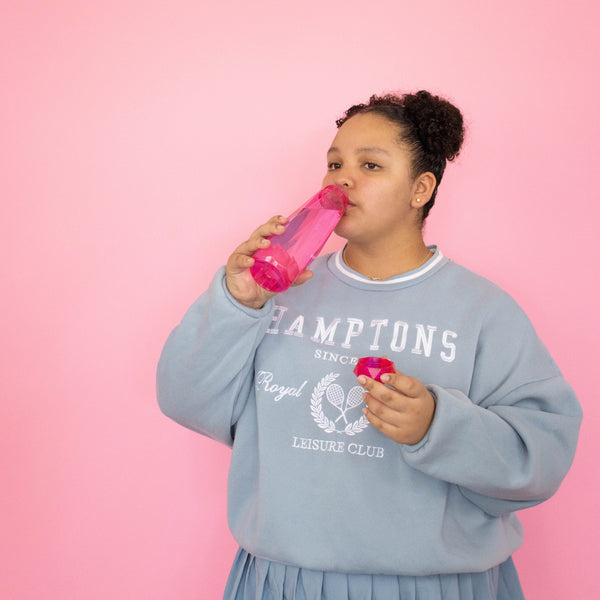
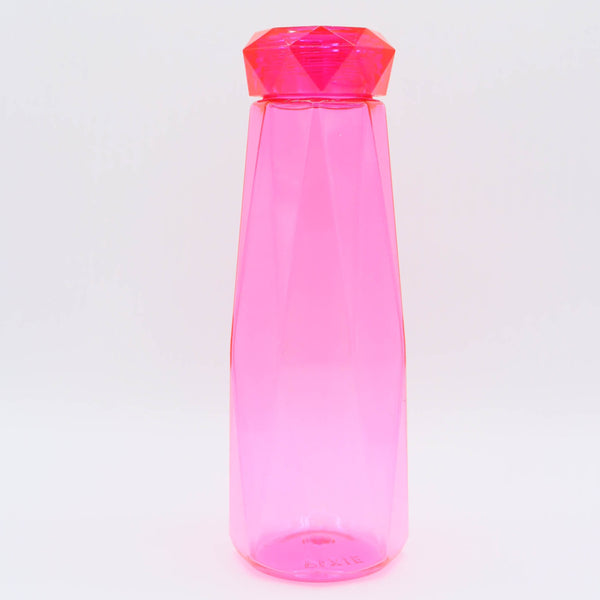
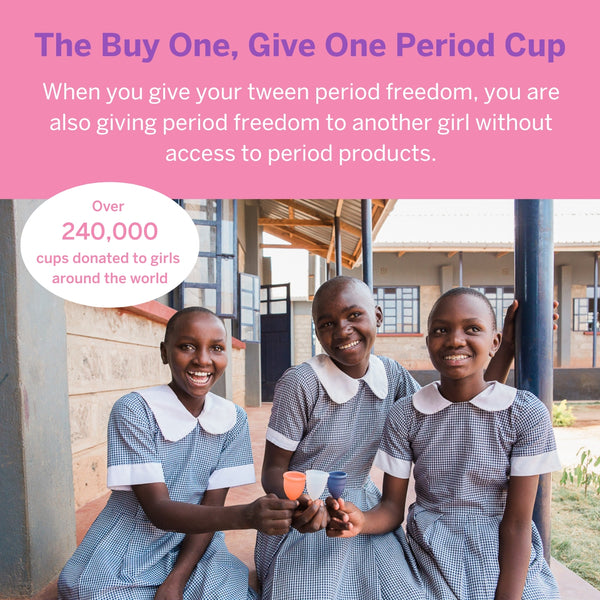

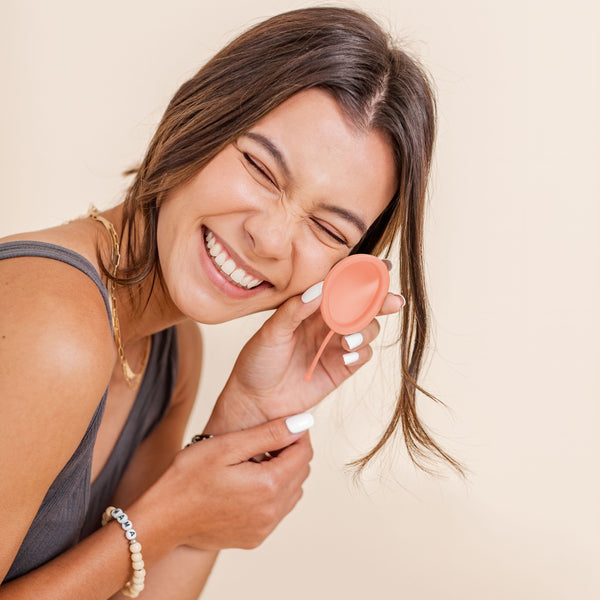
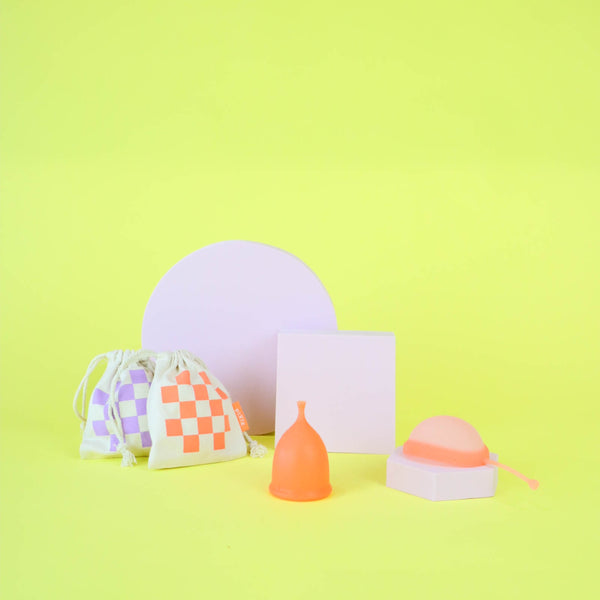
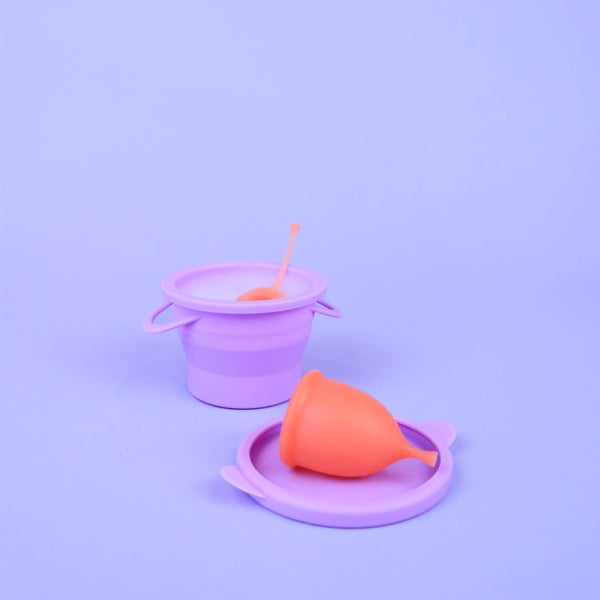
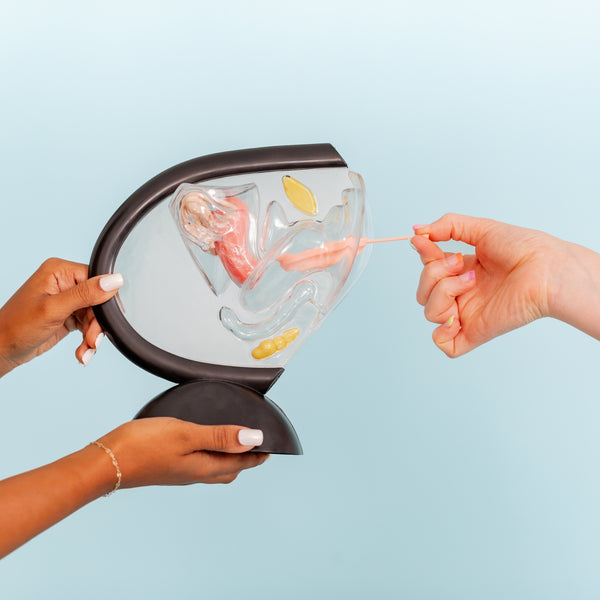
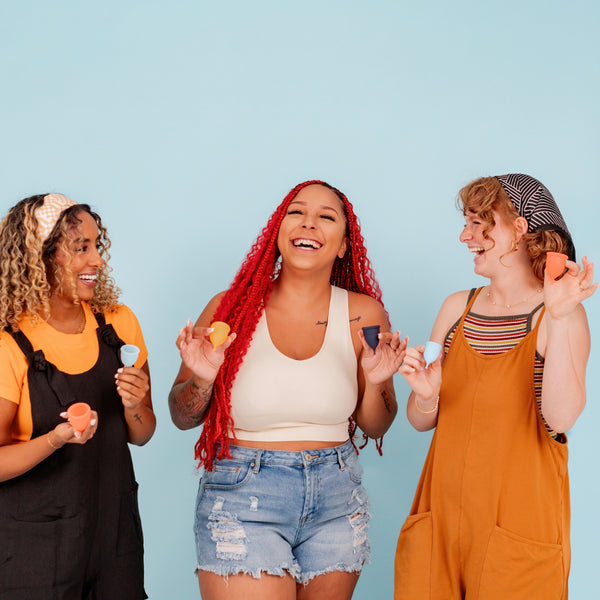
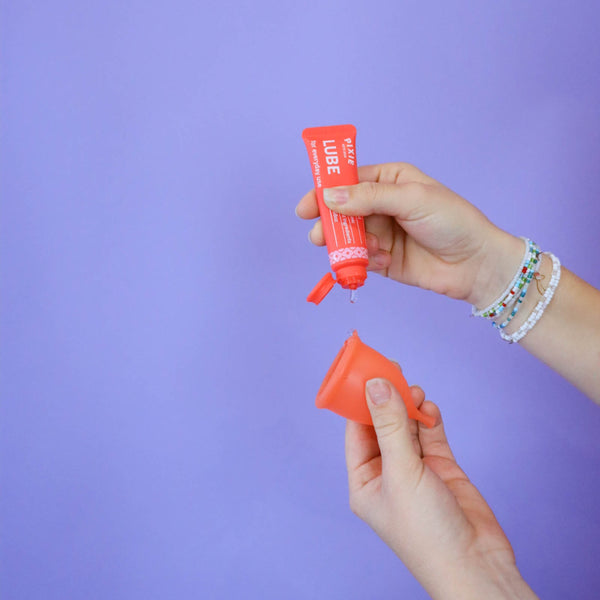
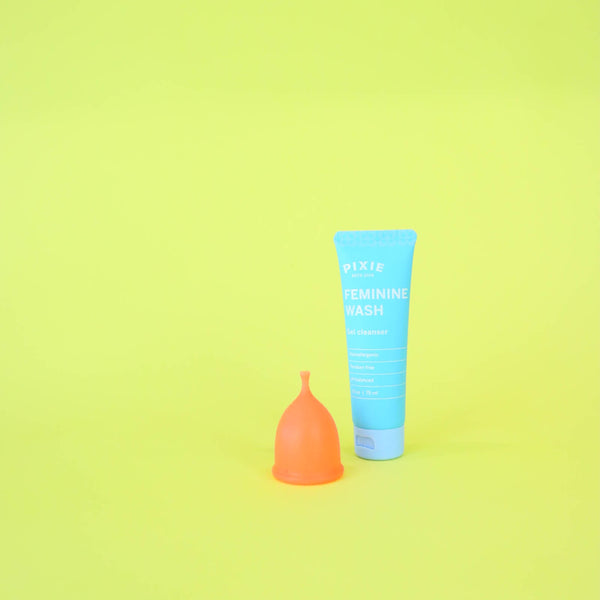
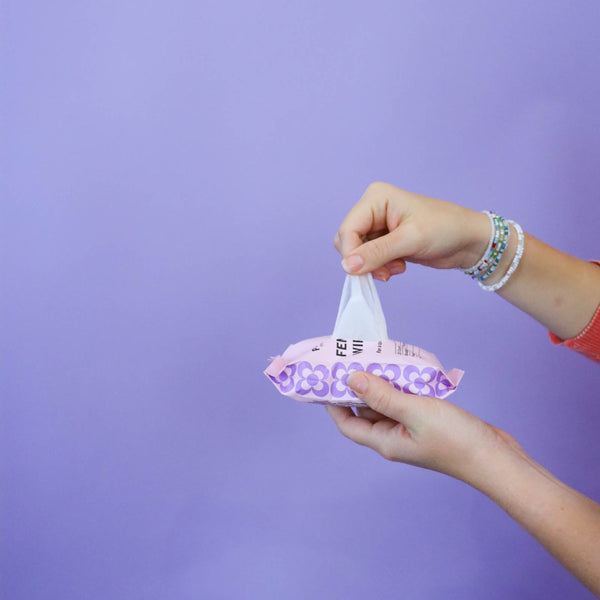
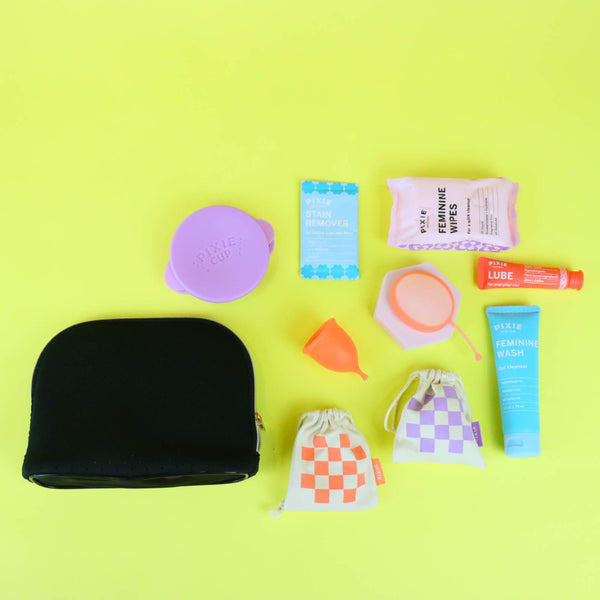
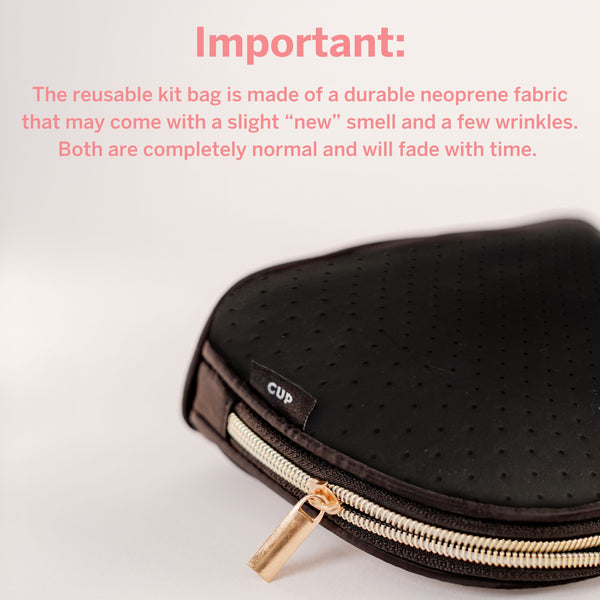
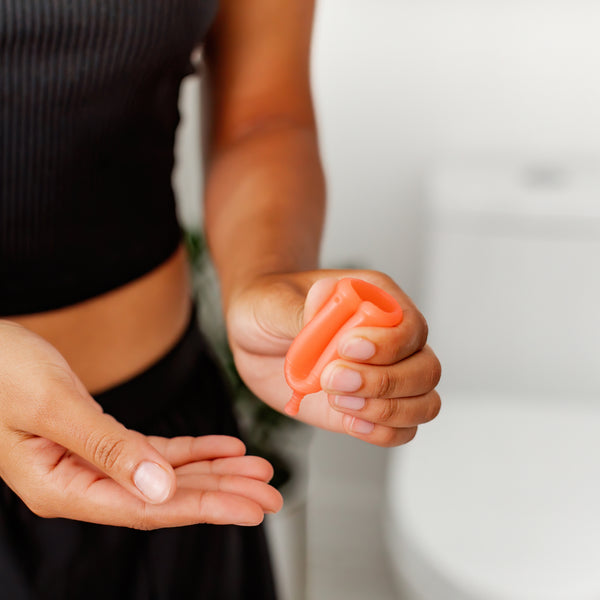


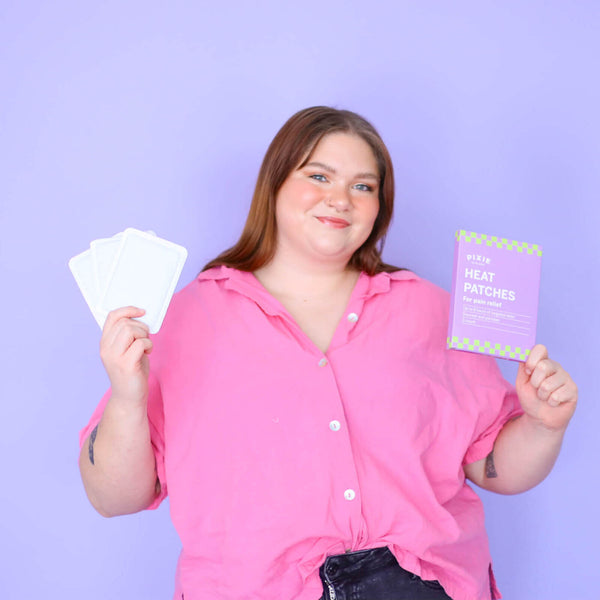
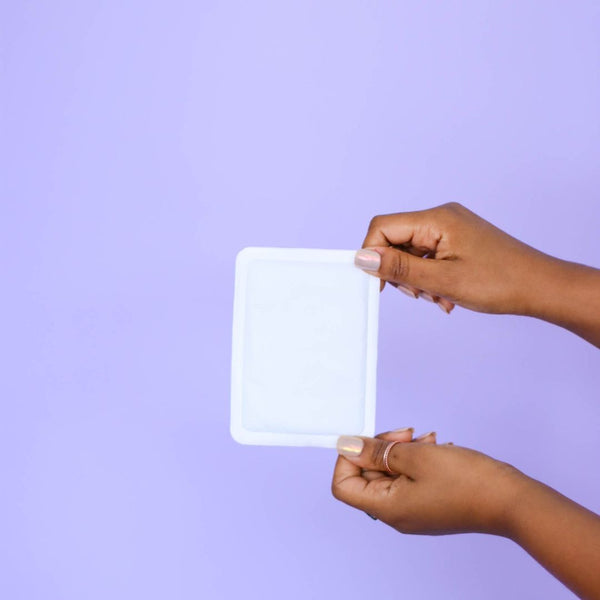
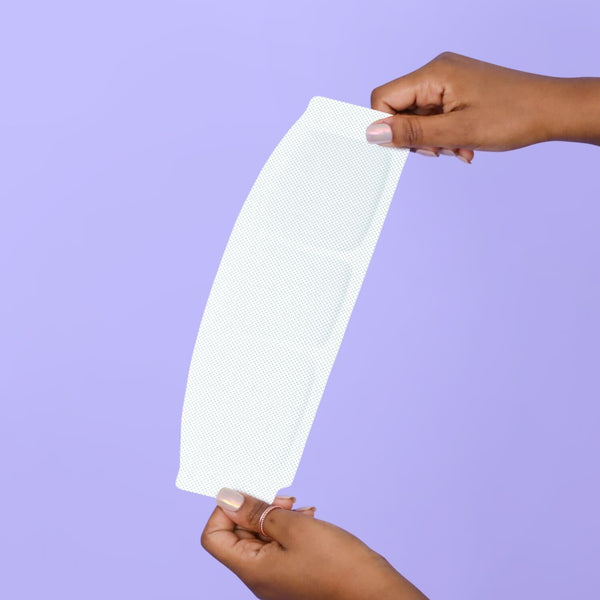
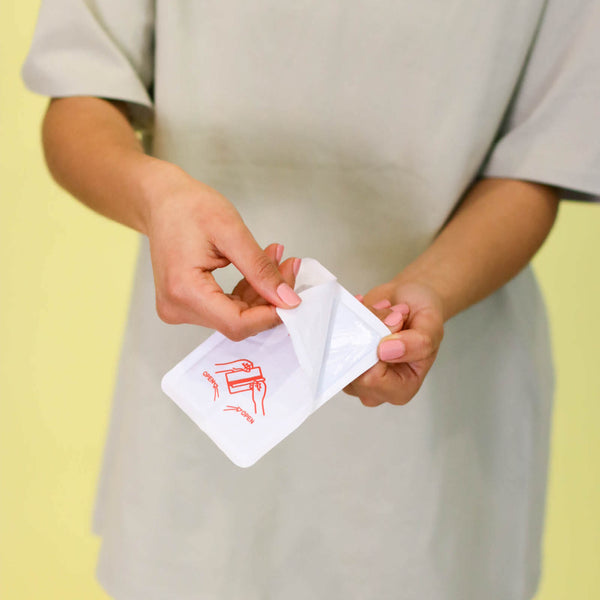
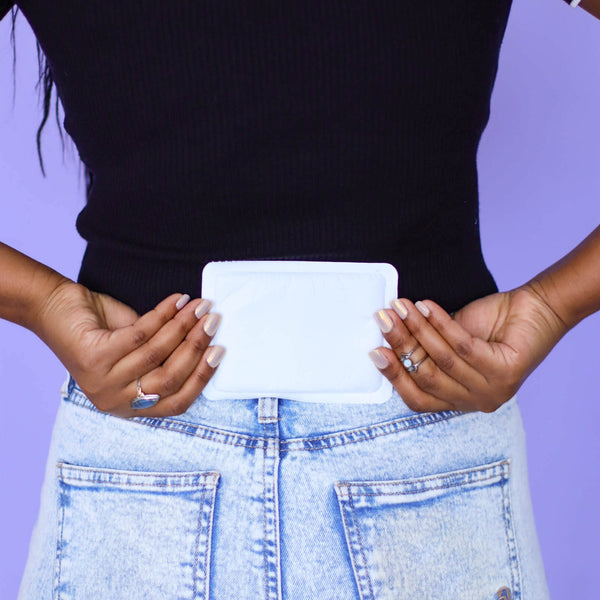
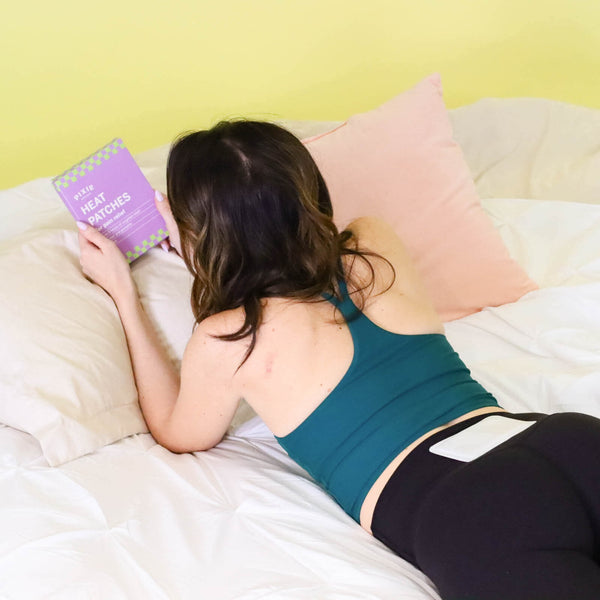

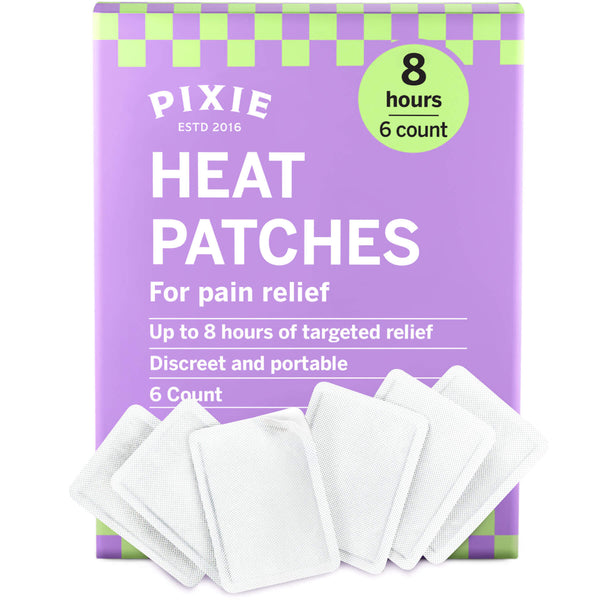
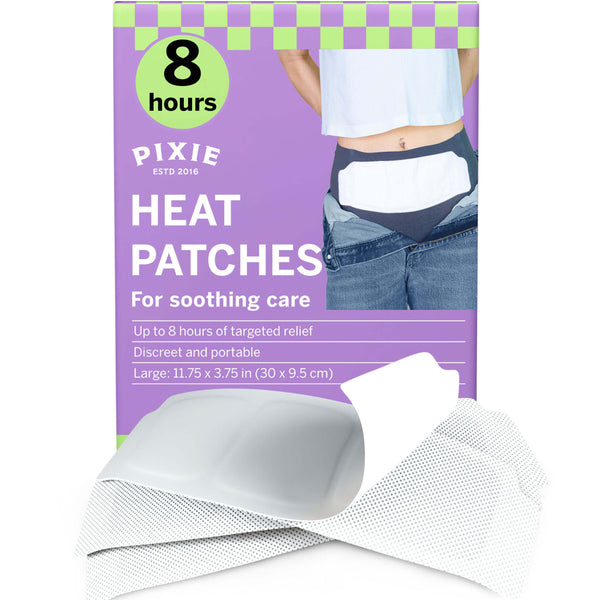


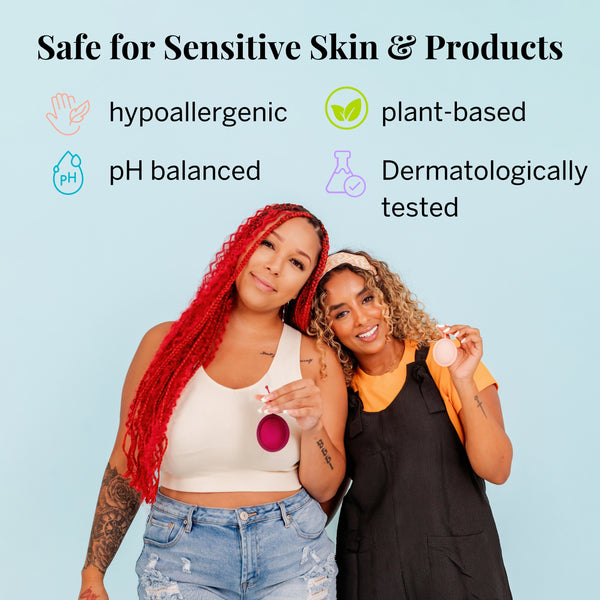
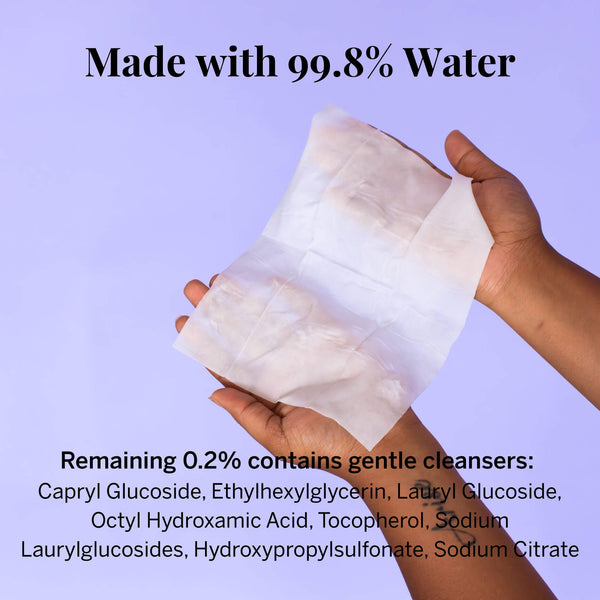
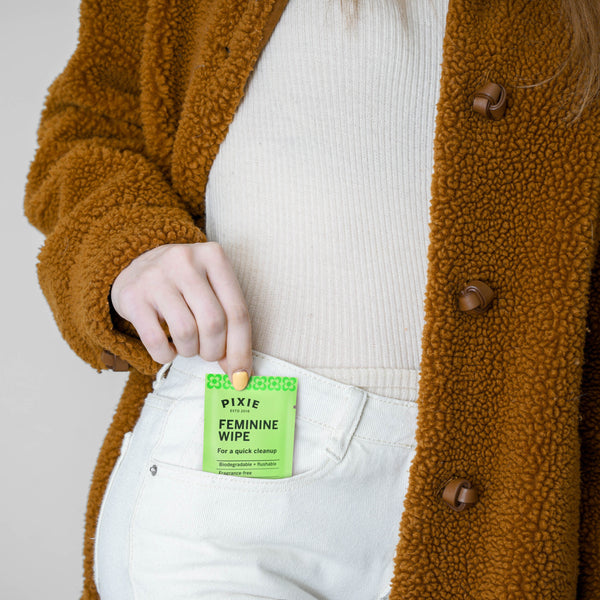
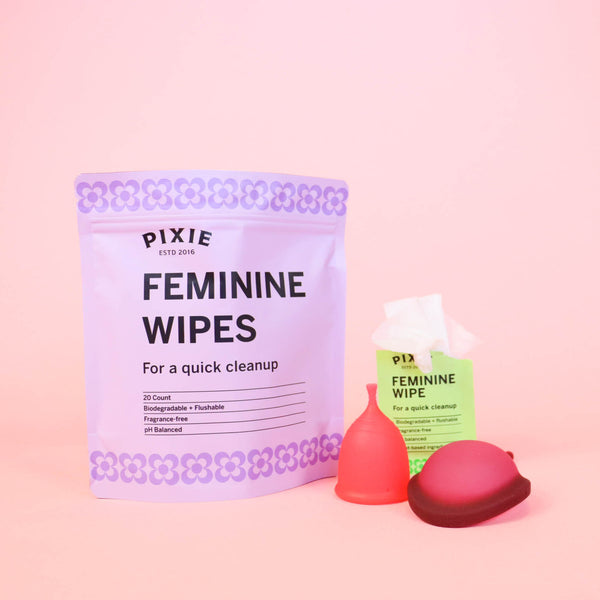
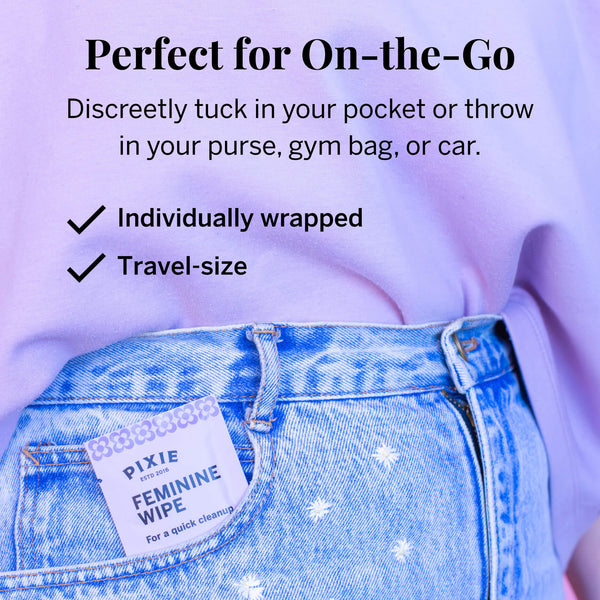
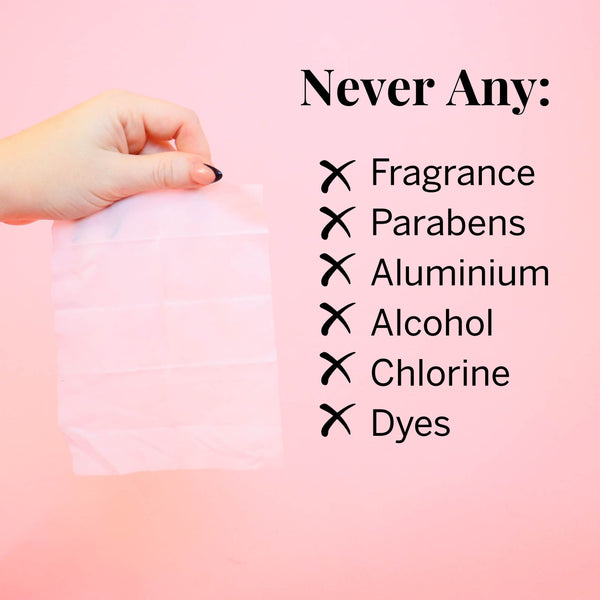
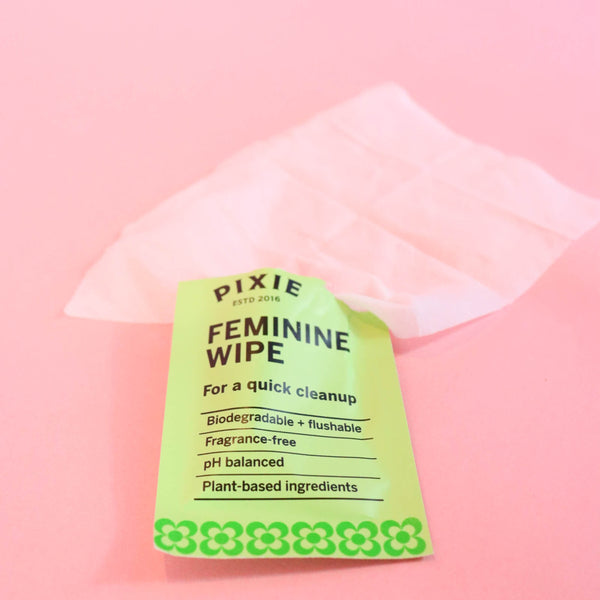
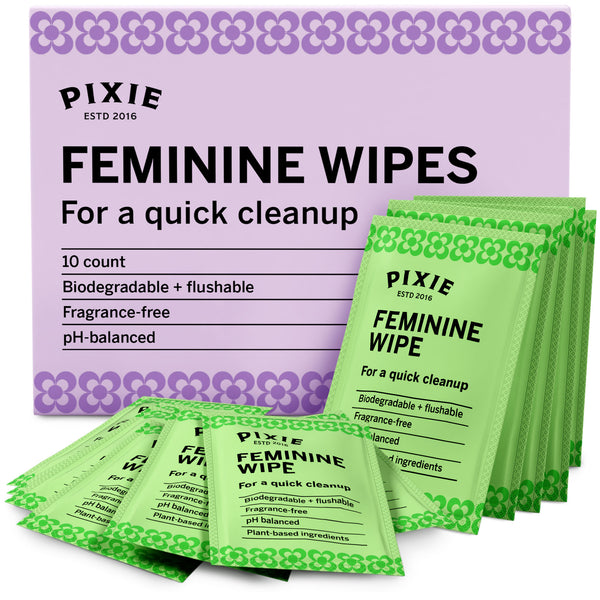

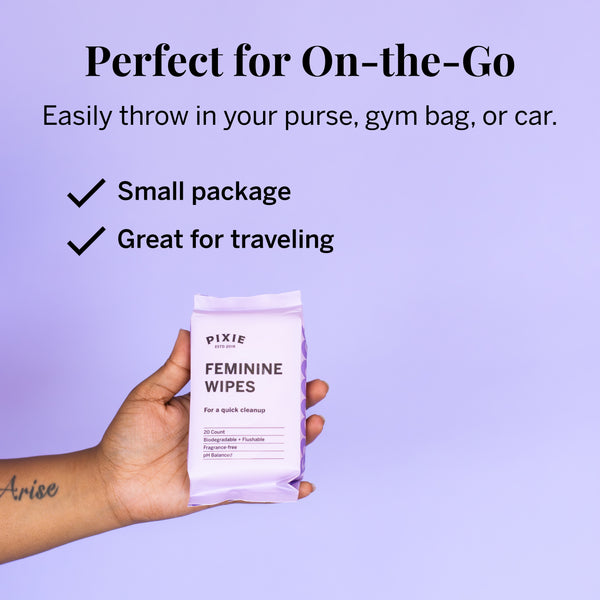
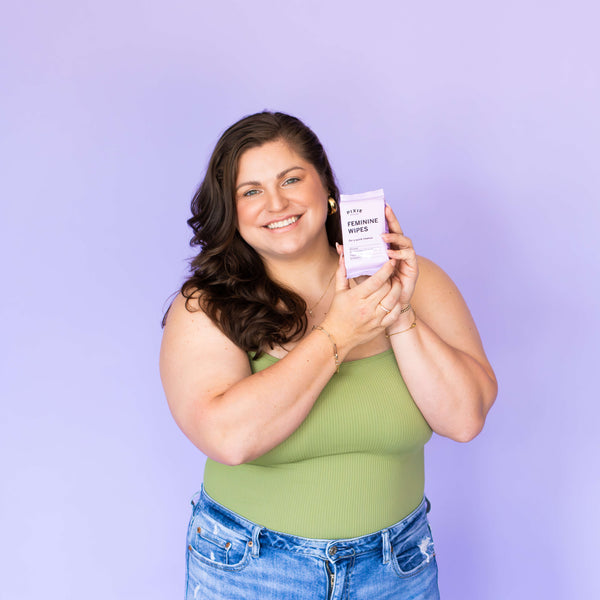
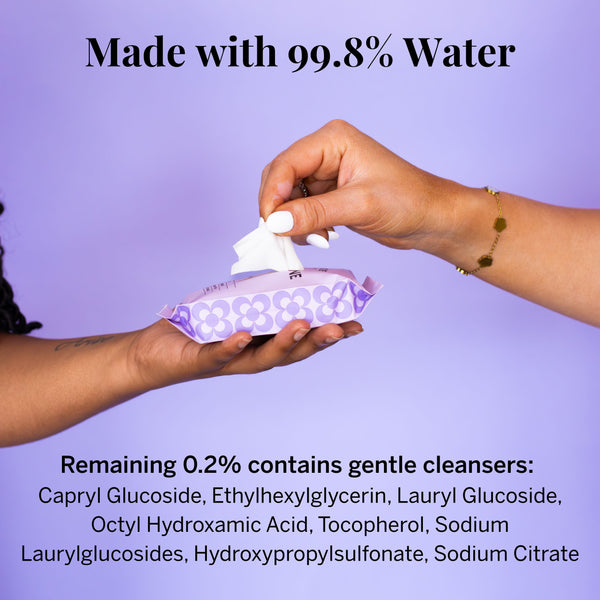

Hi,
We are a youth-led initiative dedicated to creating positive change in the world, specifically focused on supporting girls who face significant challenges with menstrual health. As passionate users of Pixie Cup, we believe in its ability to make a transformative difference.
We would love to partner with you to provide Pixie Cups to girls in underserved countries, helping them overcome the struggles they face every month due to the lack of access to essential period products. By making this simple yet life-changing solution available to these girls, we can empower them with the dignity and comfort they deserve.
Could you please connect us with the right person to discuss how we can make this happen? Your support would be deeply appreciated by those whose access to period products is extremely limited.
Thank you for considering this partnership to make a meaningful impact.
Warm regards,
The Osmosis STEM Team